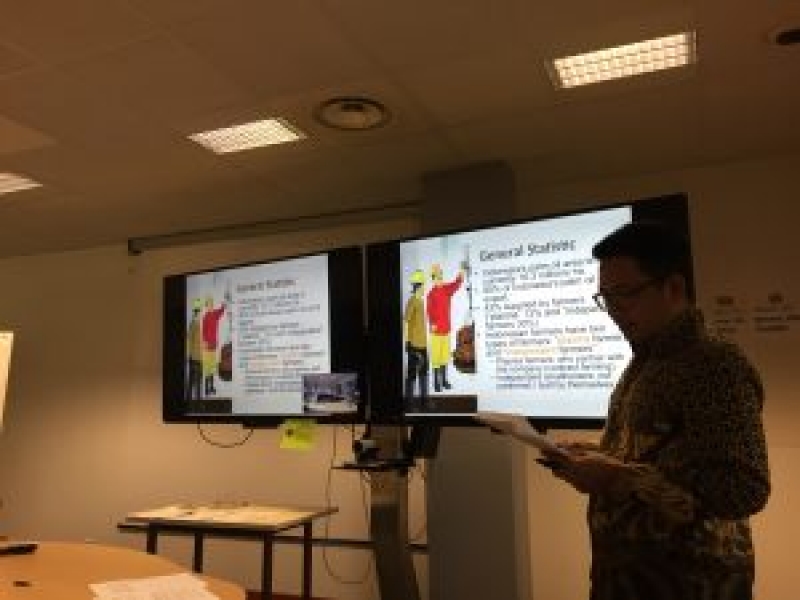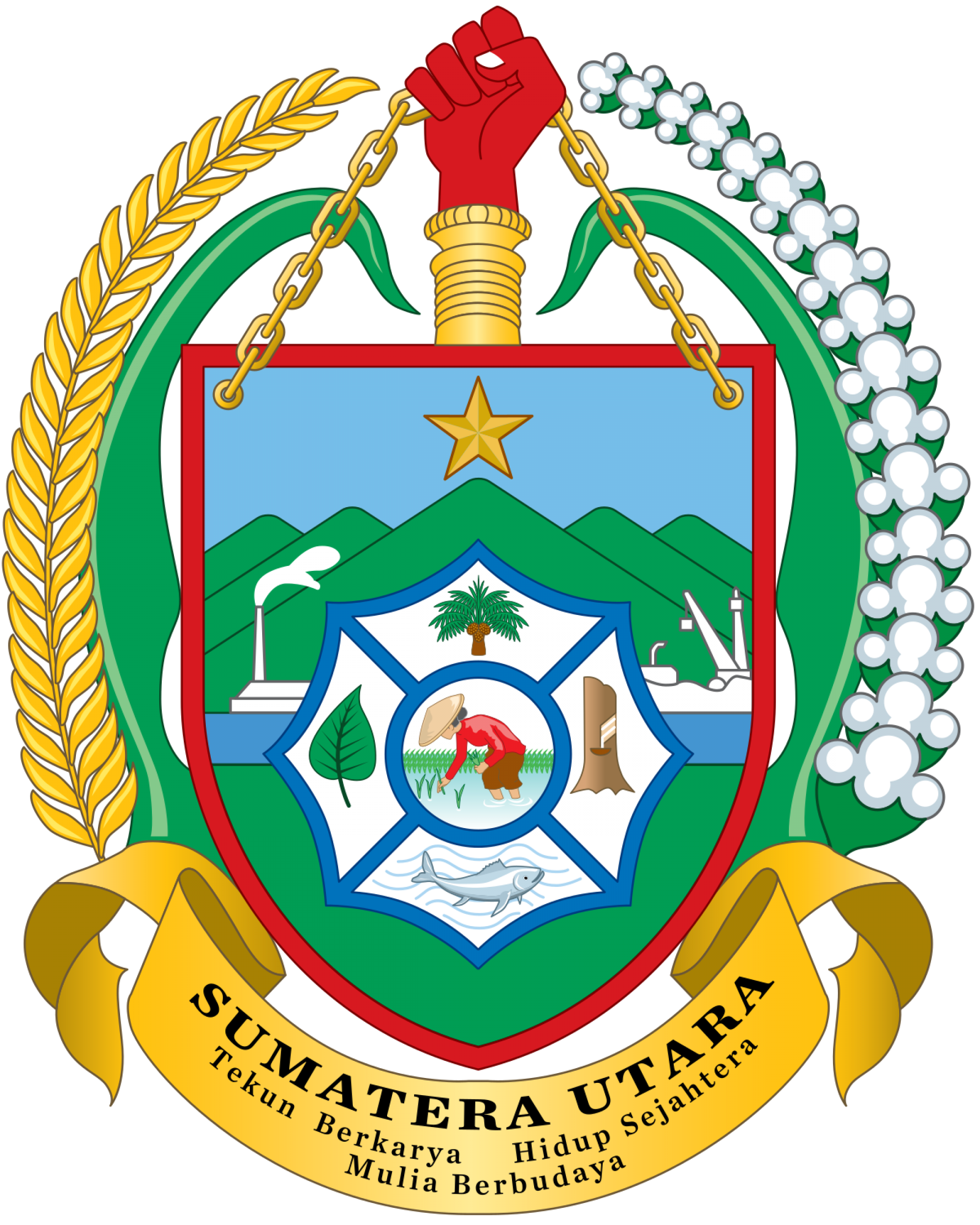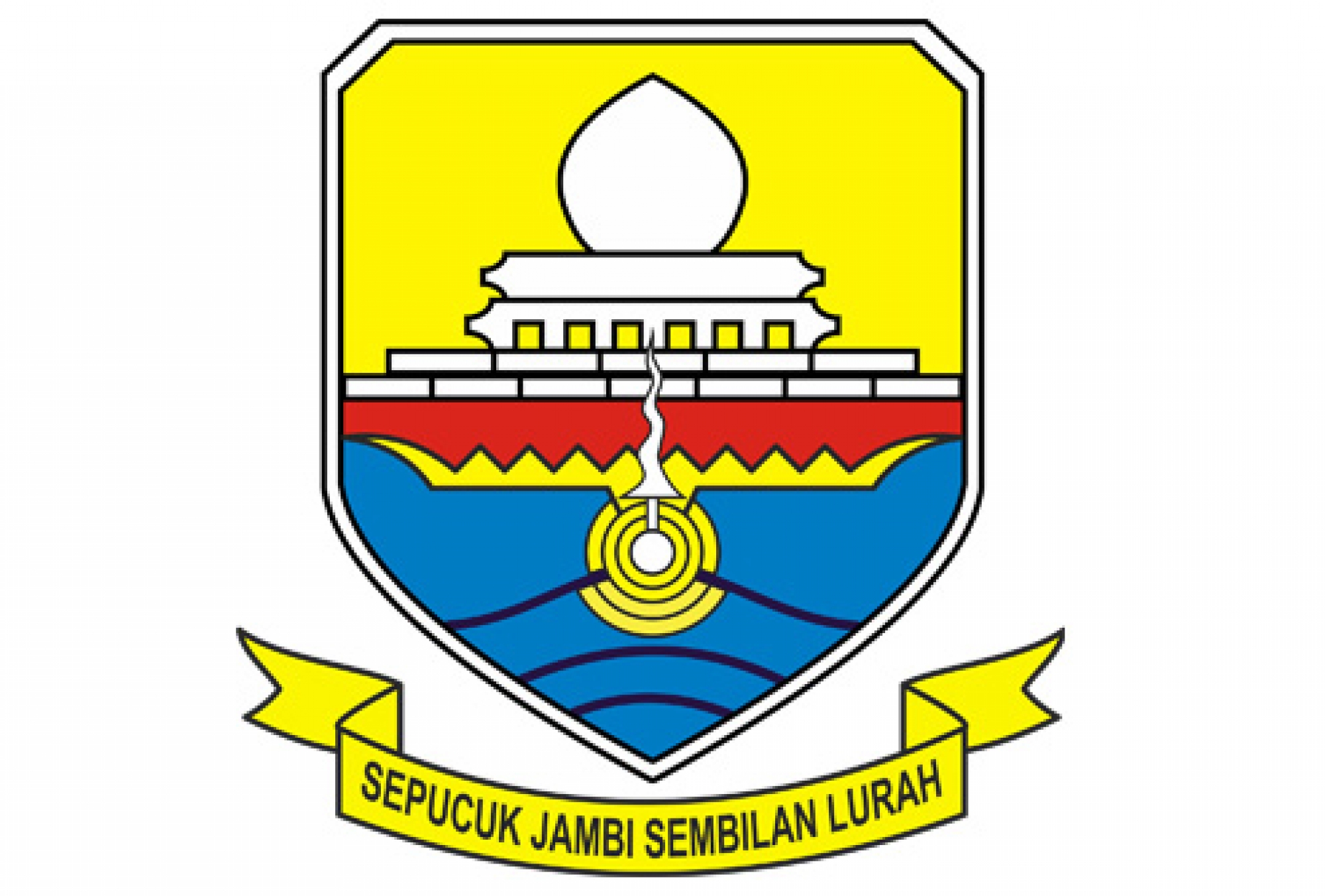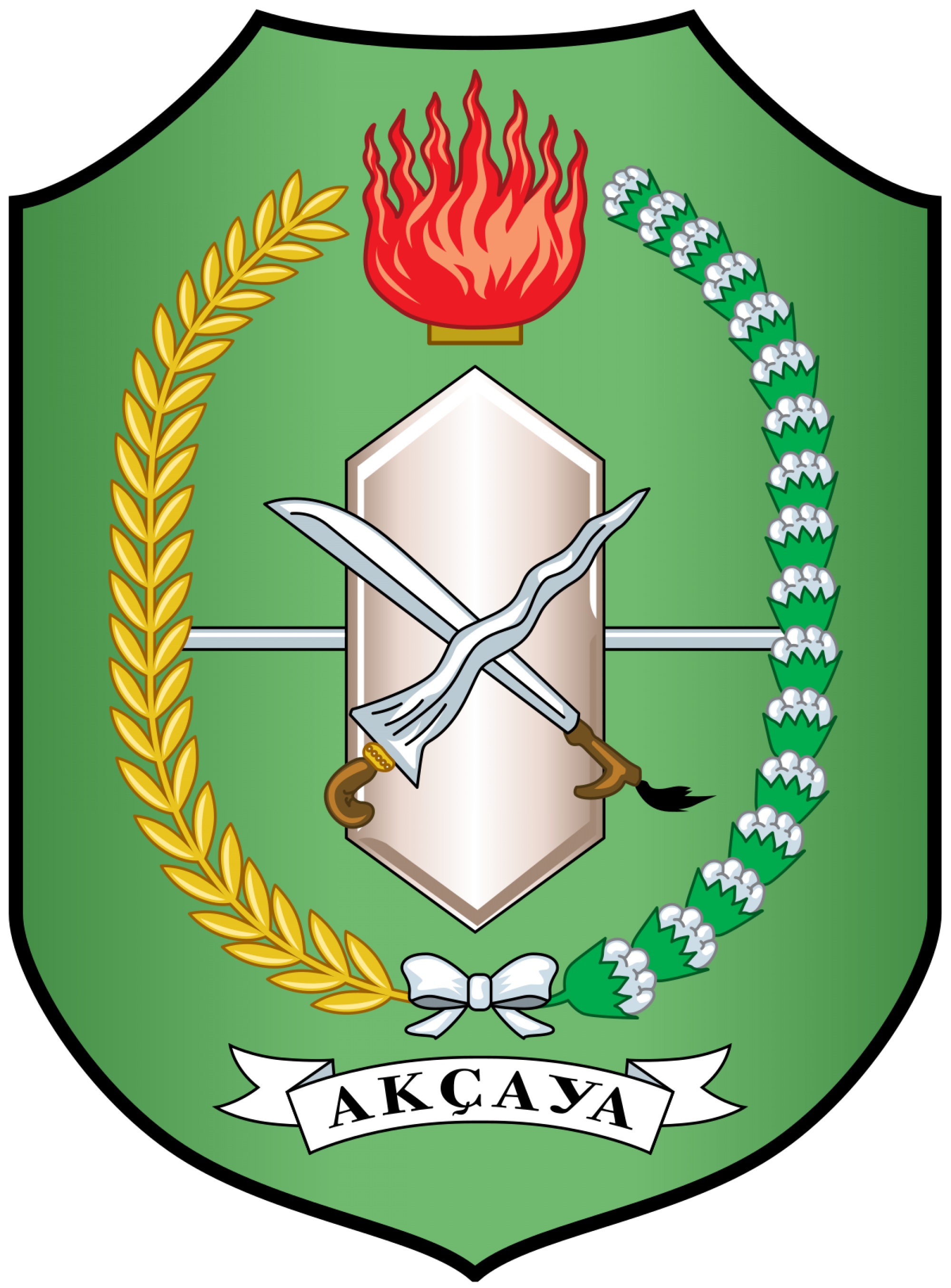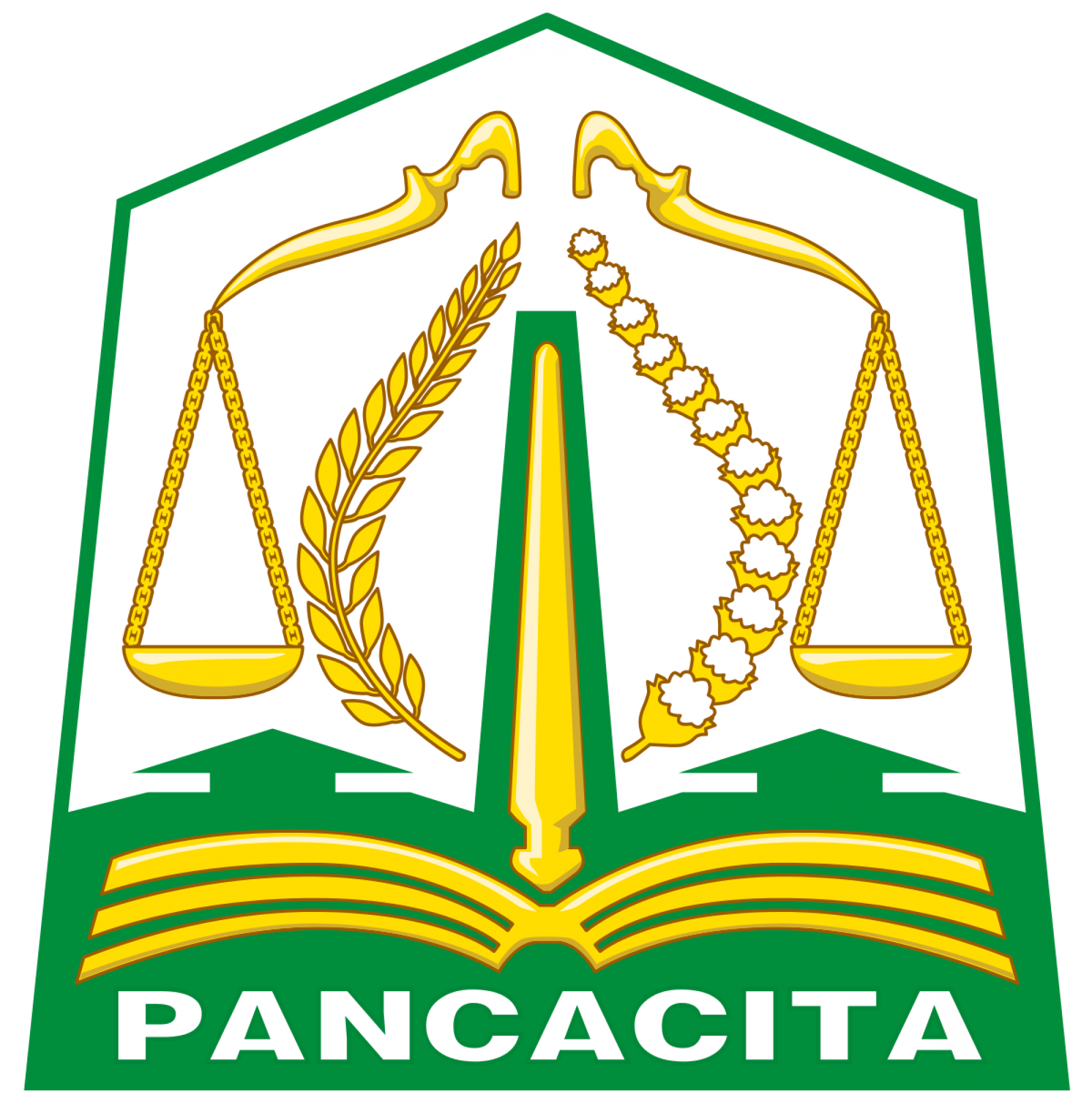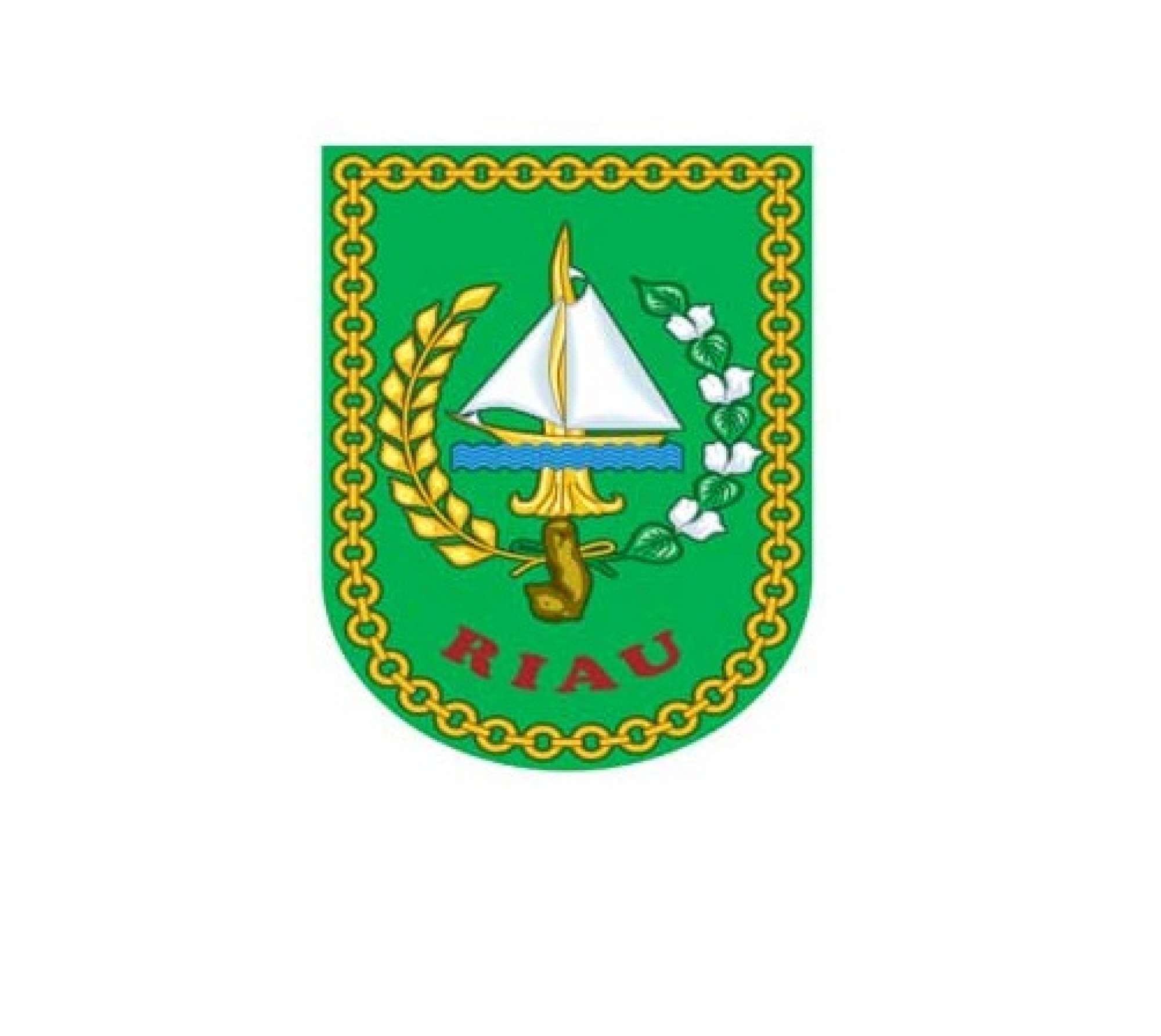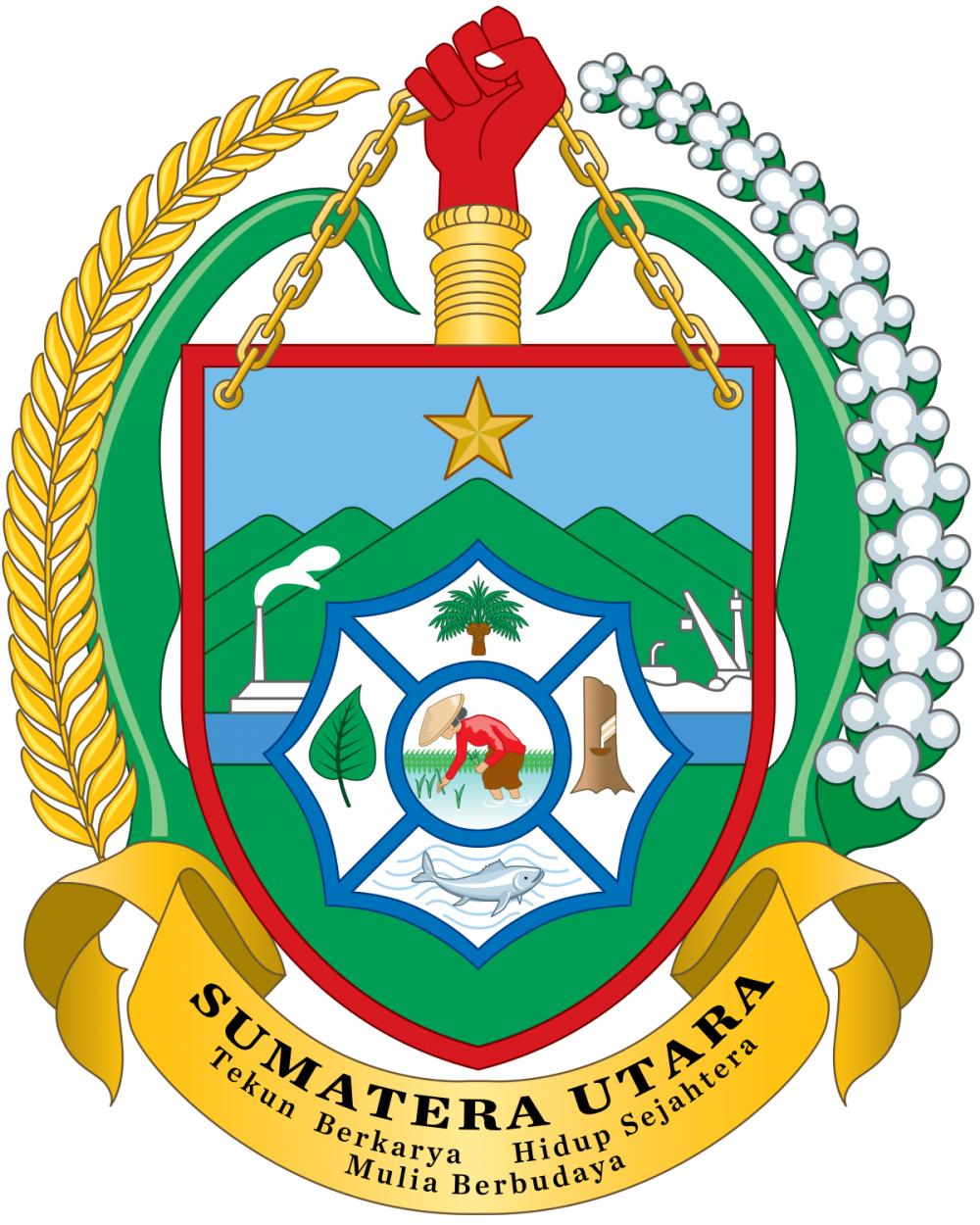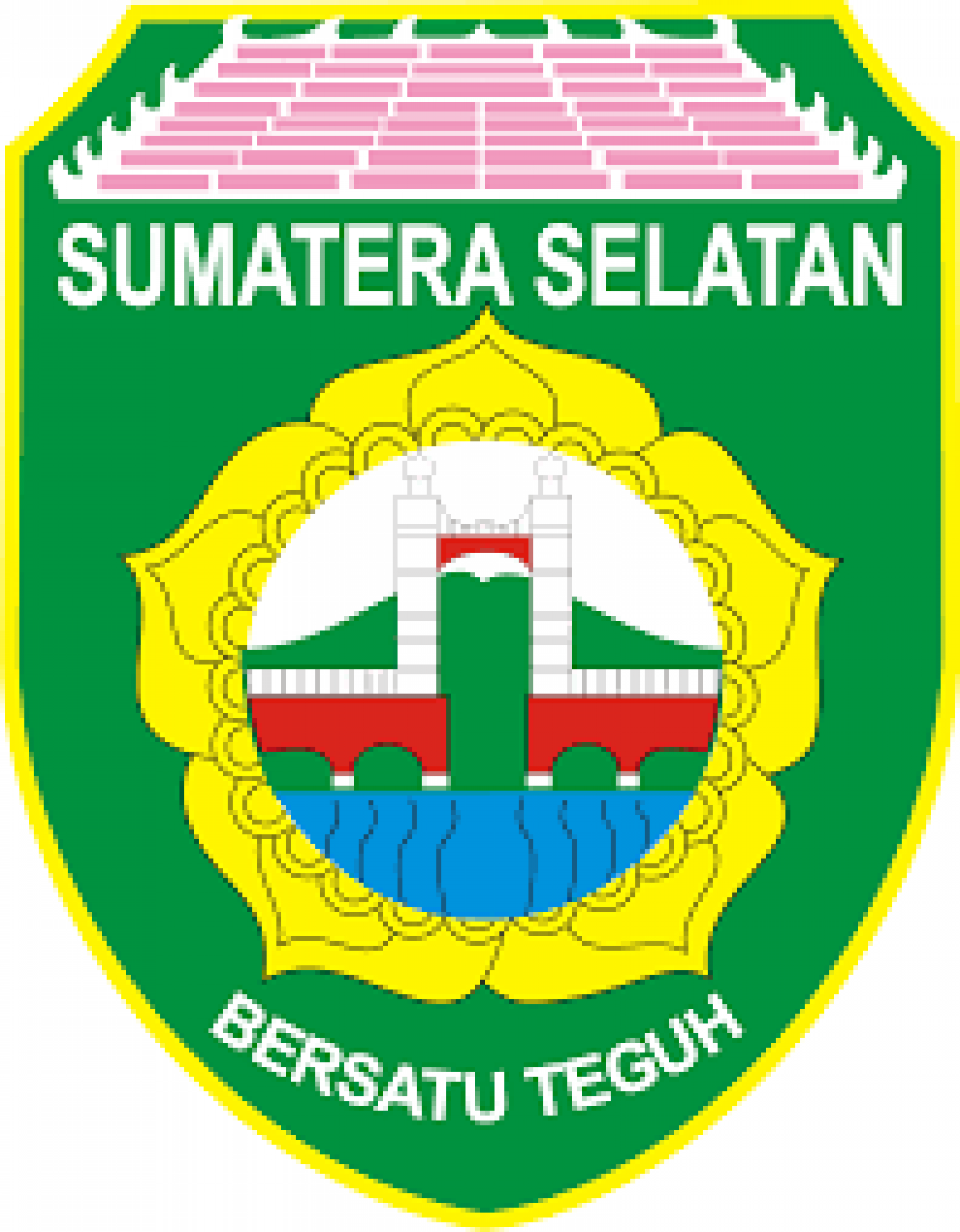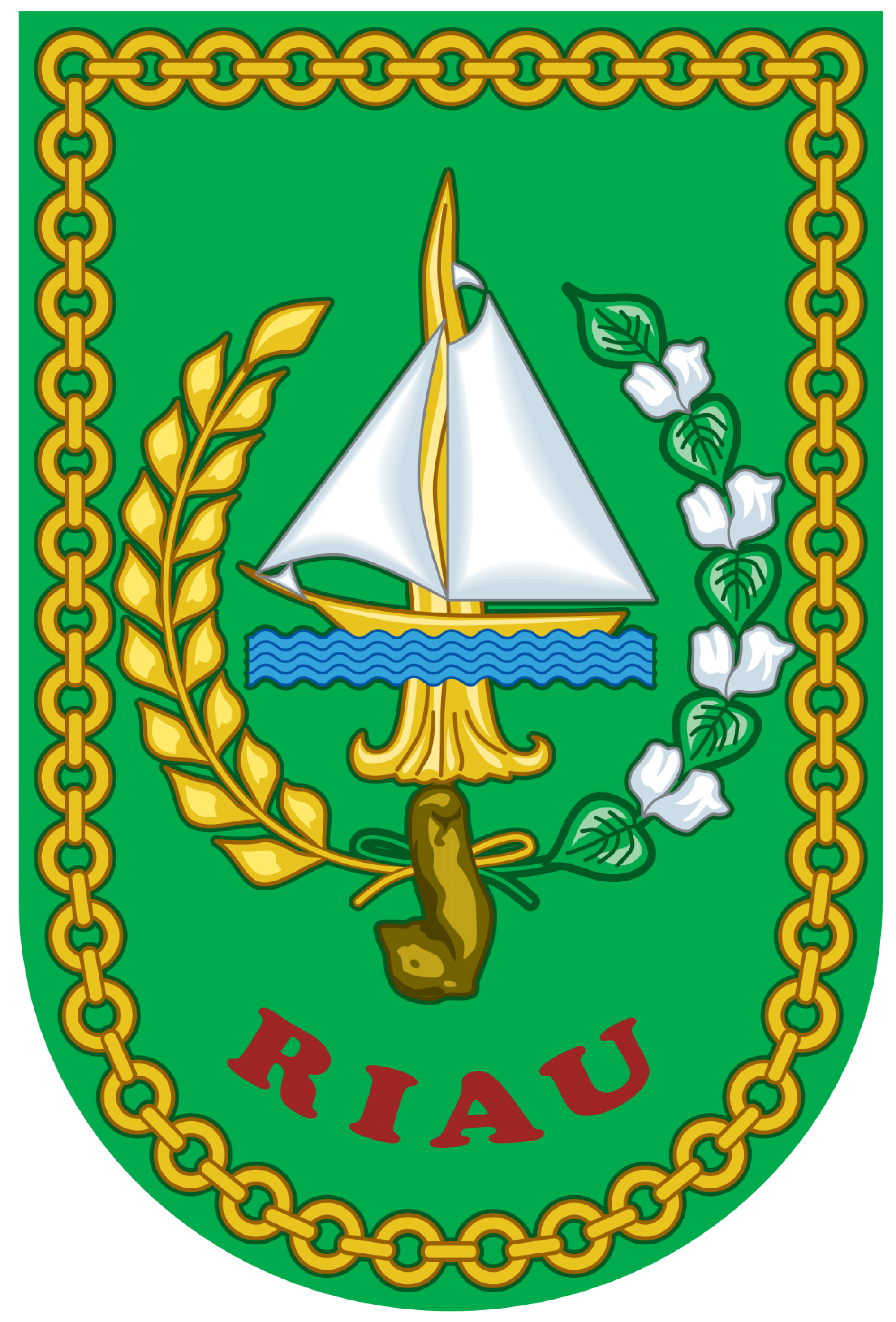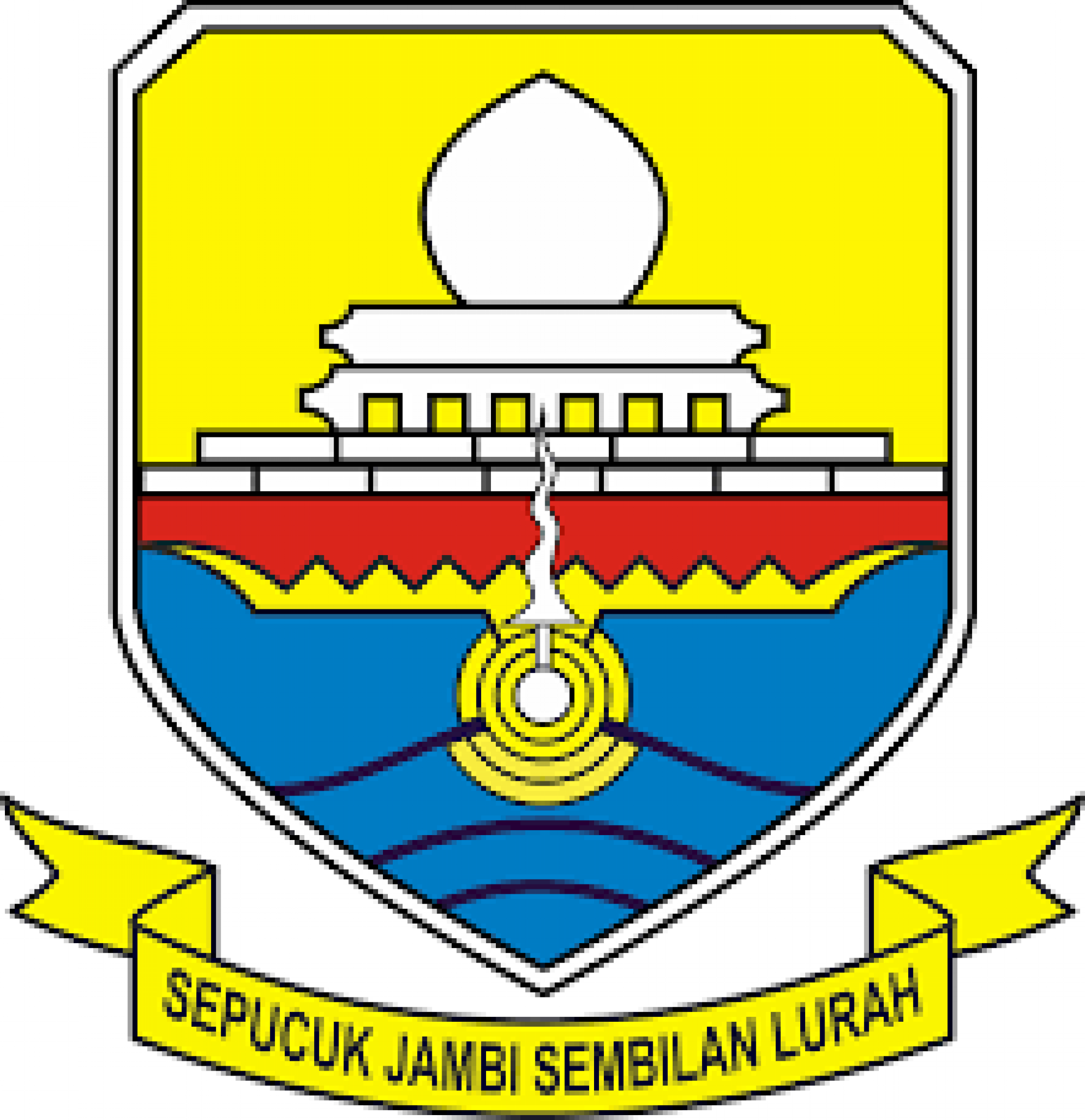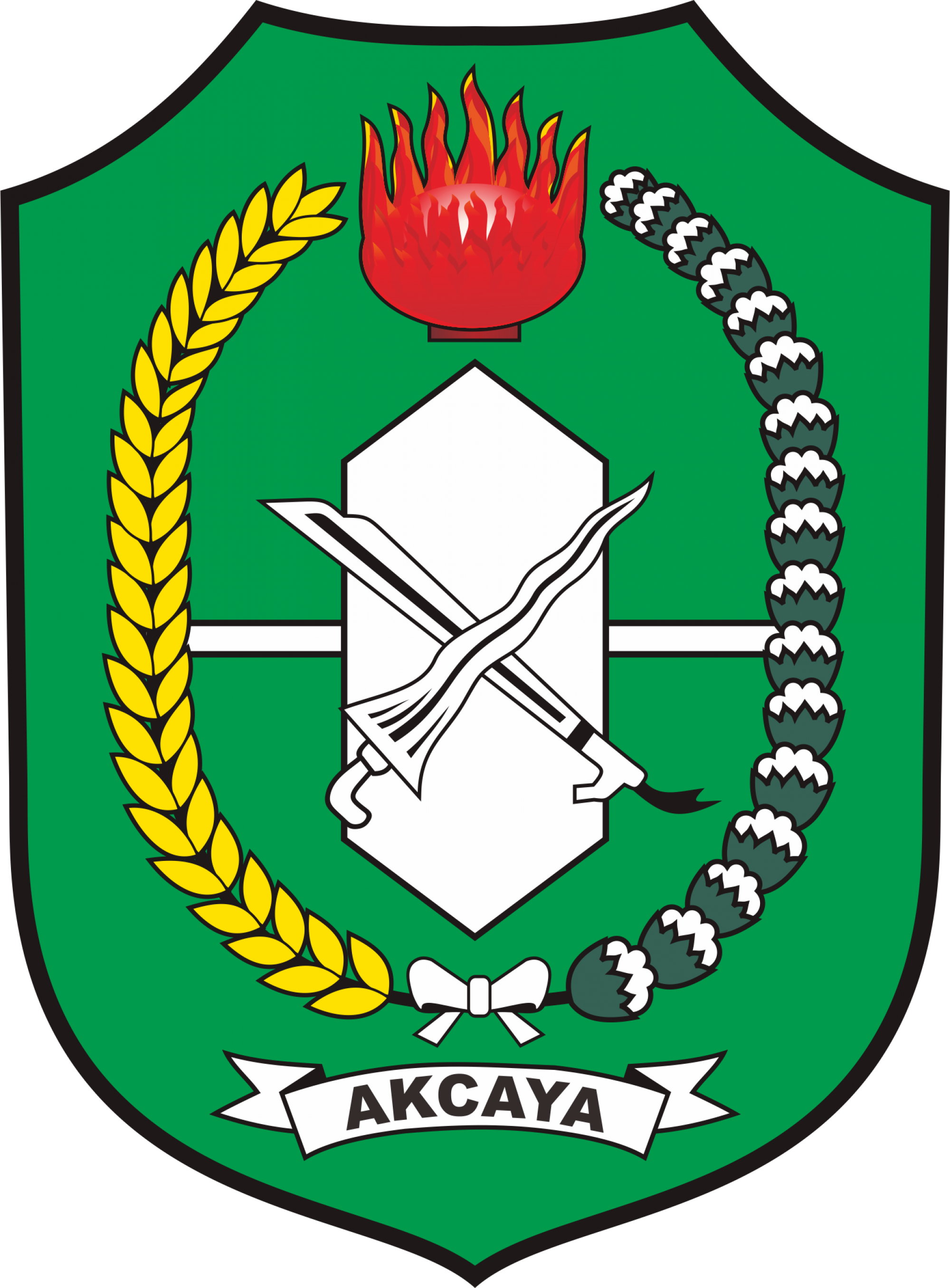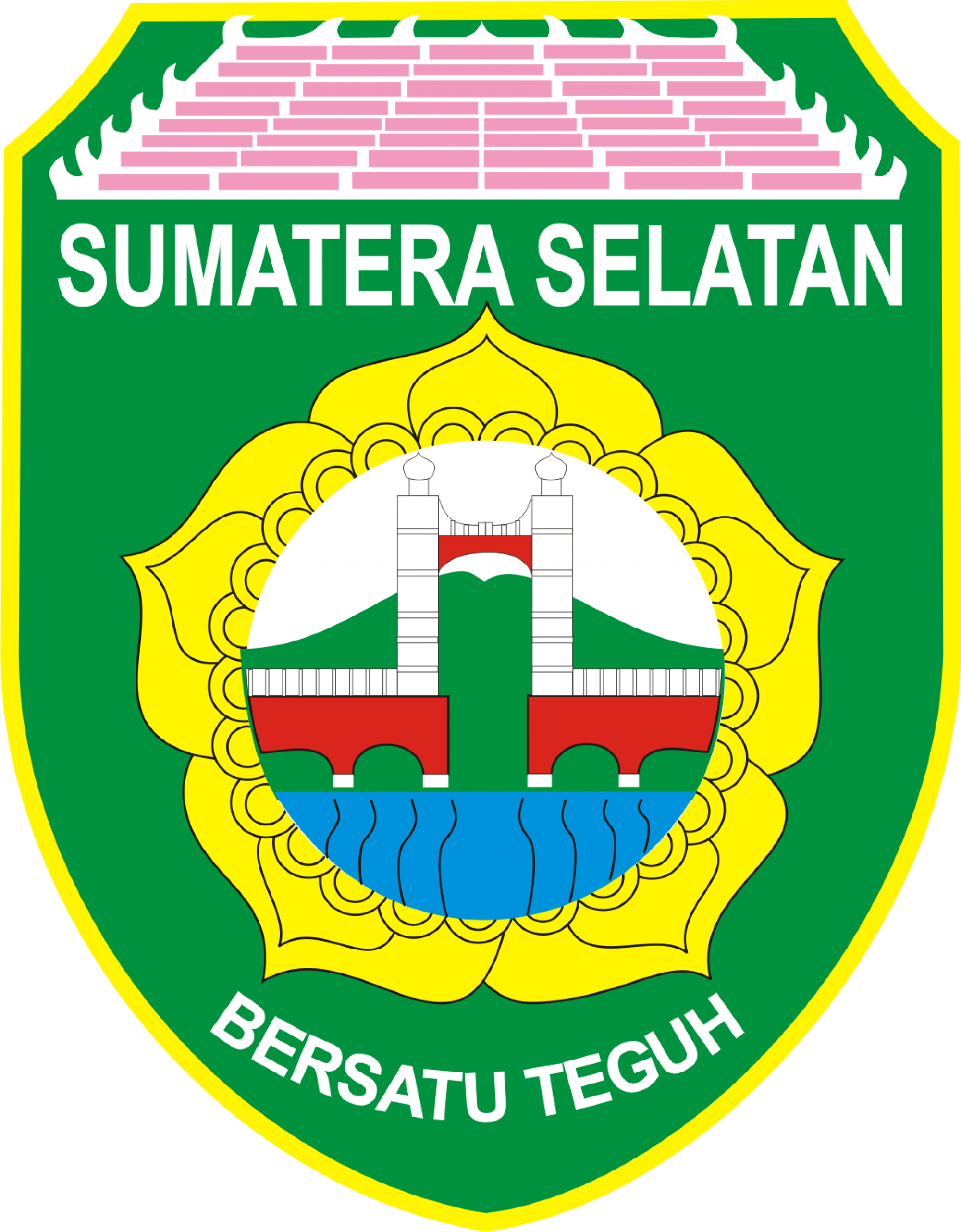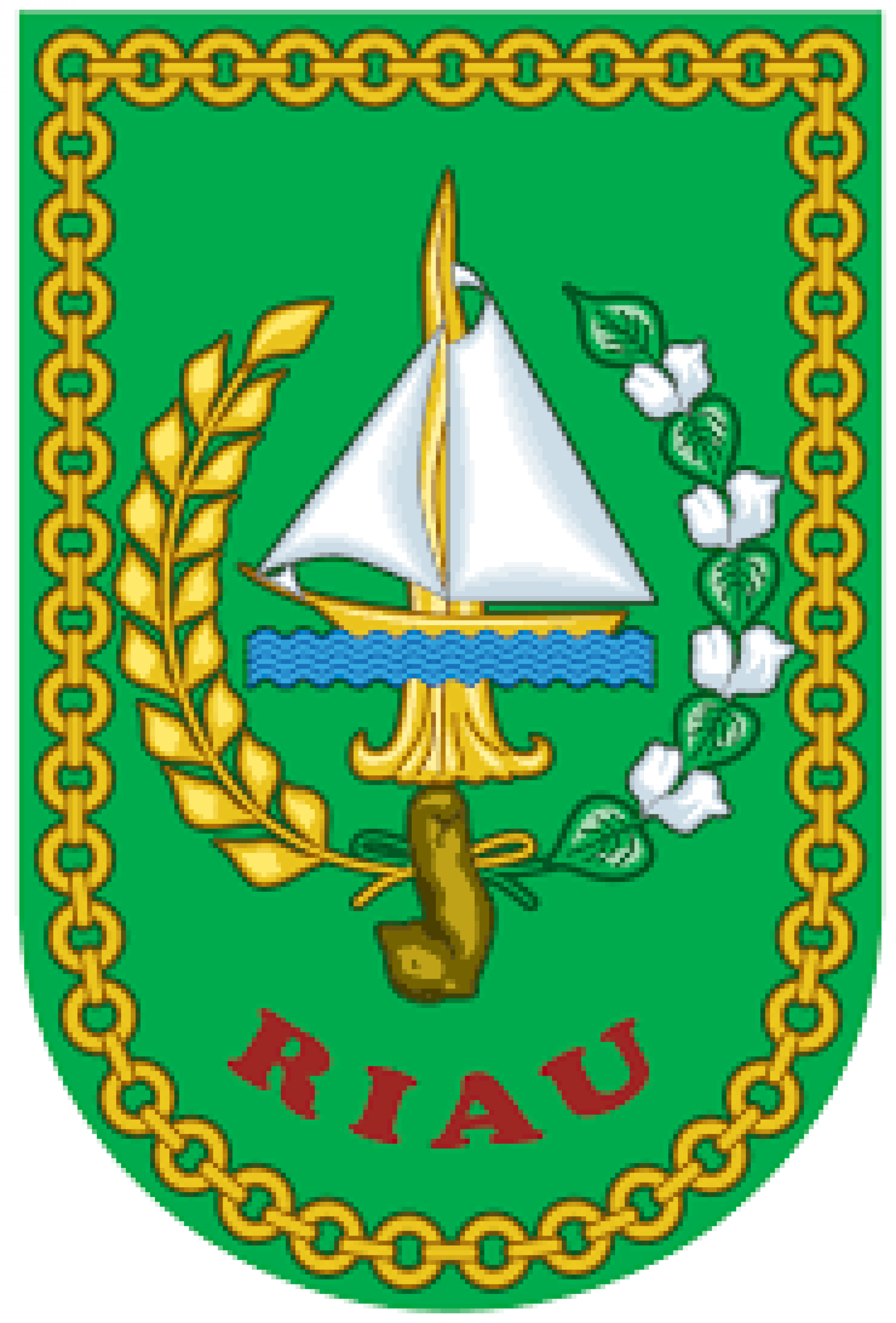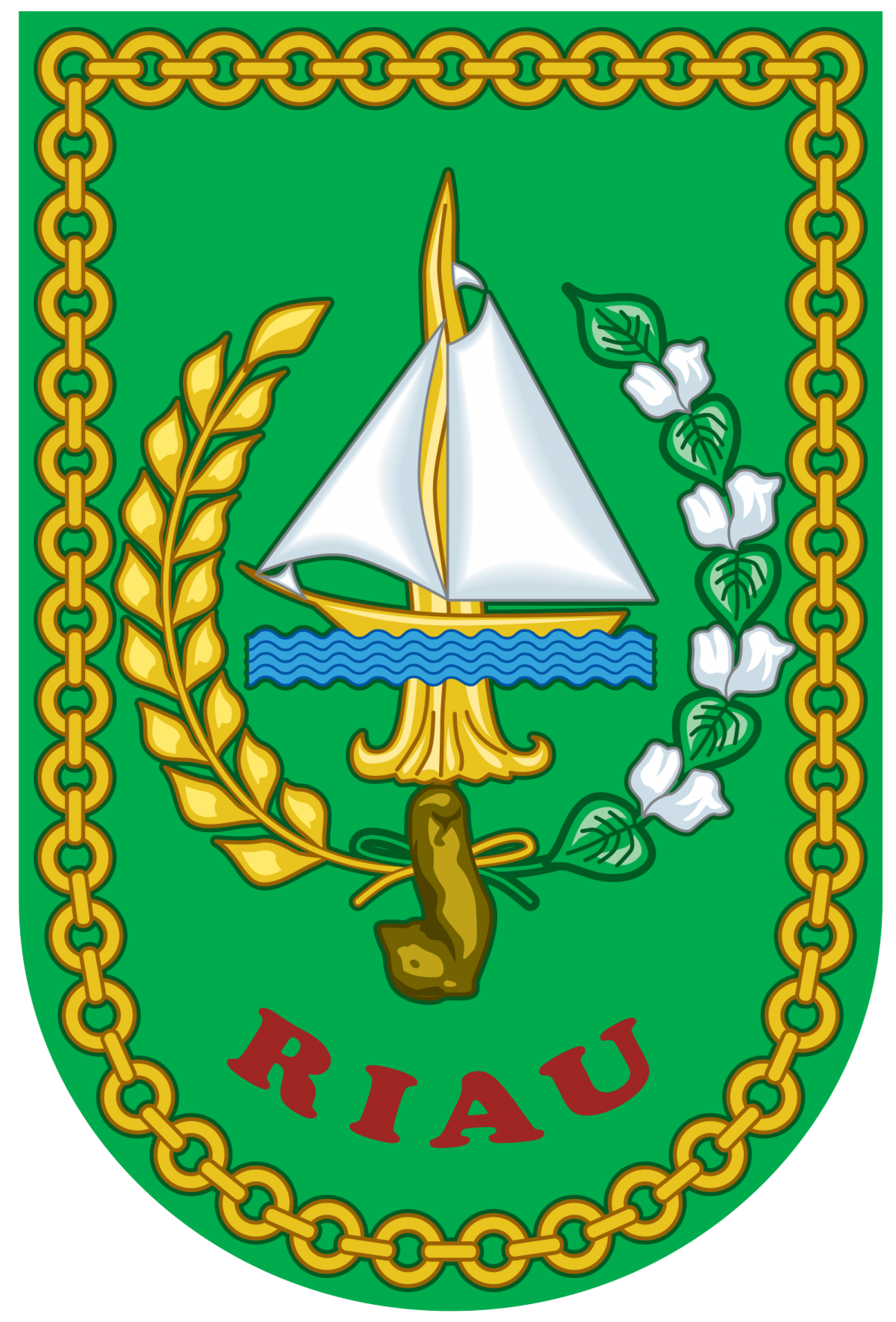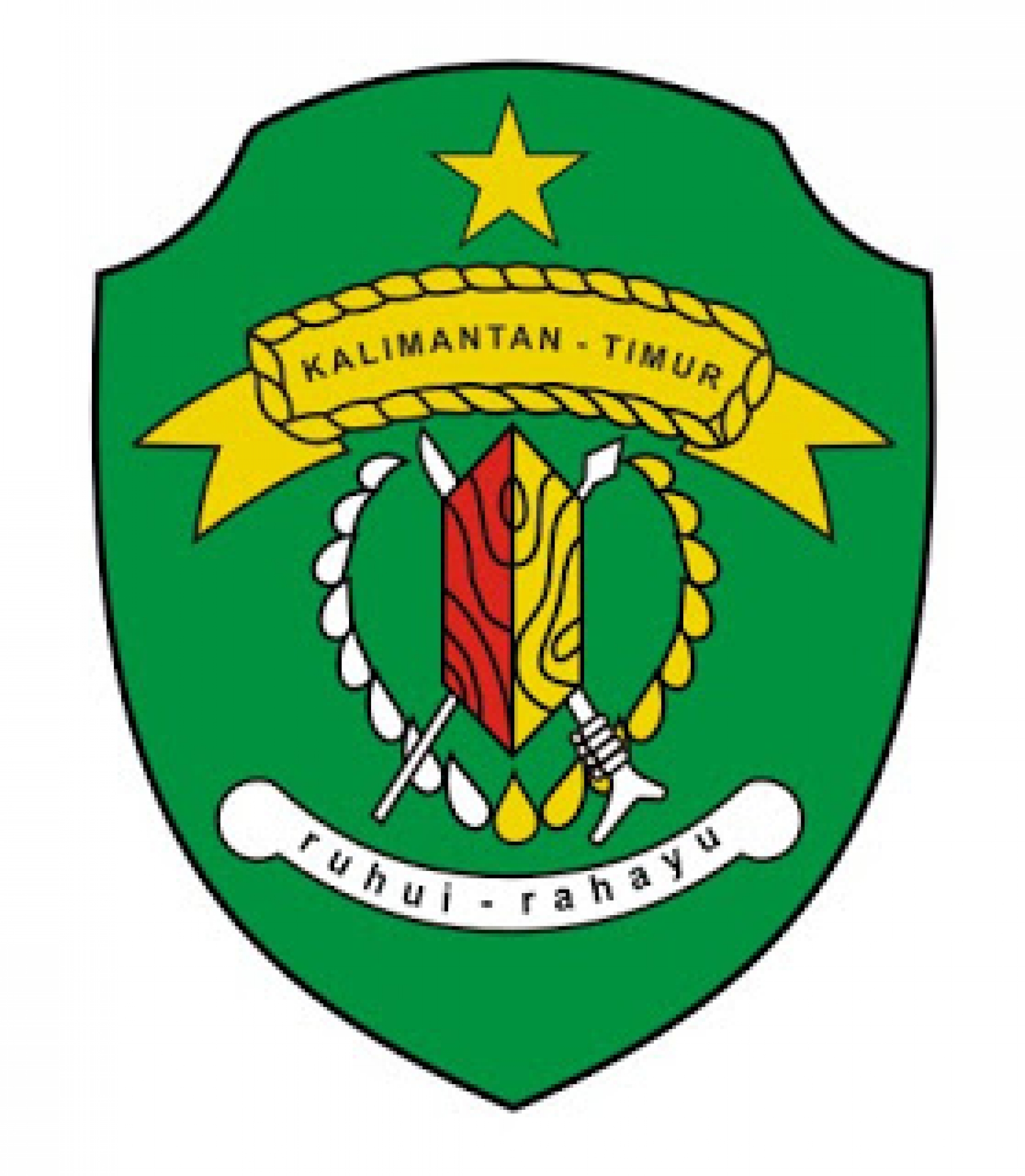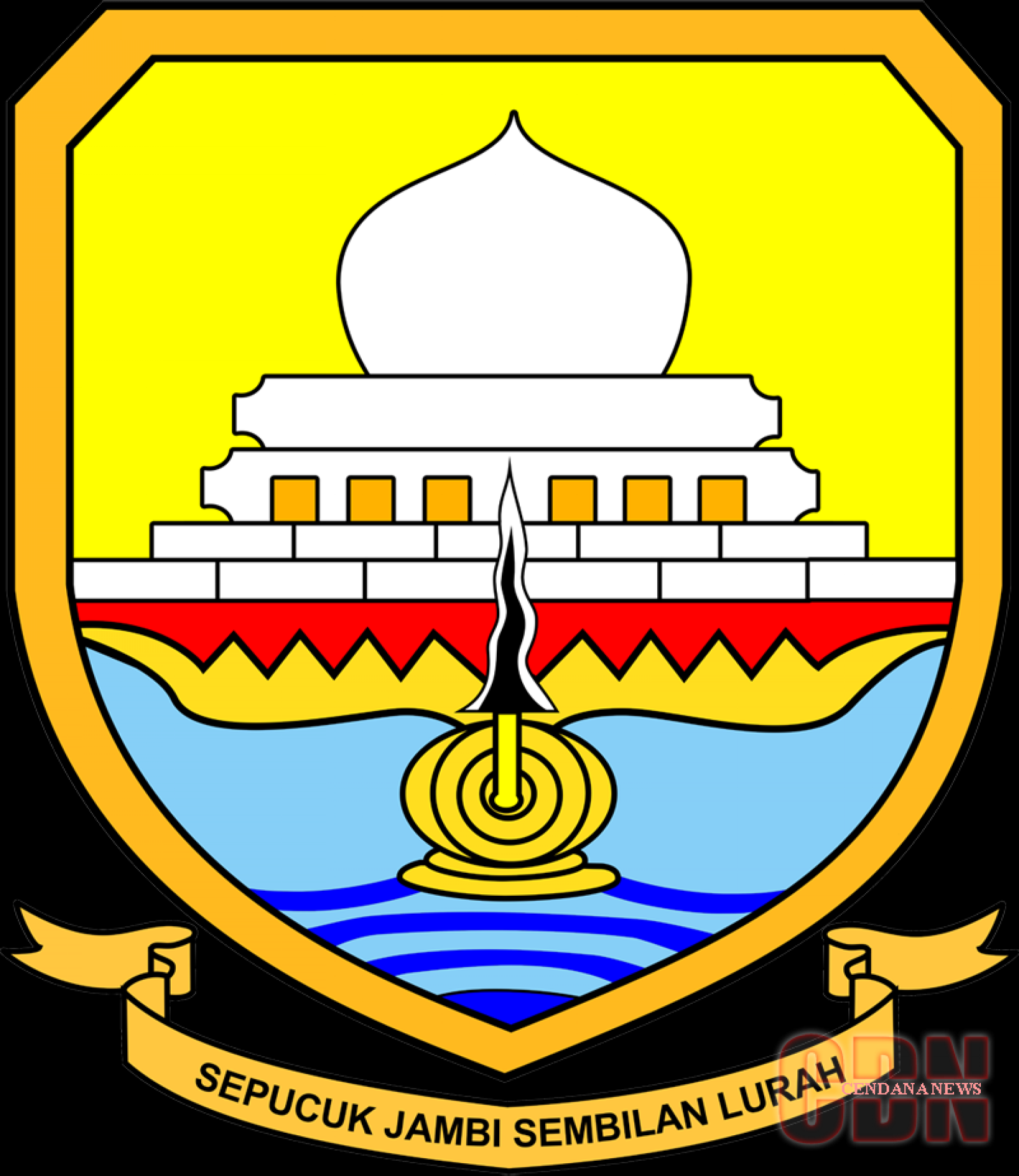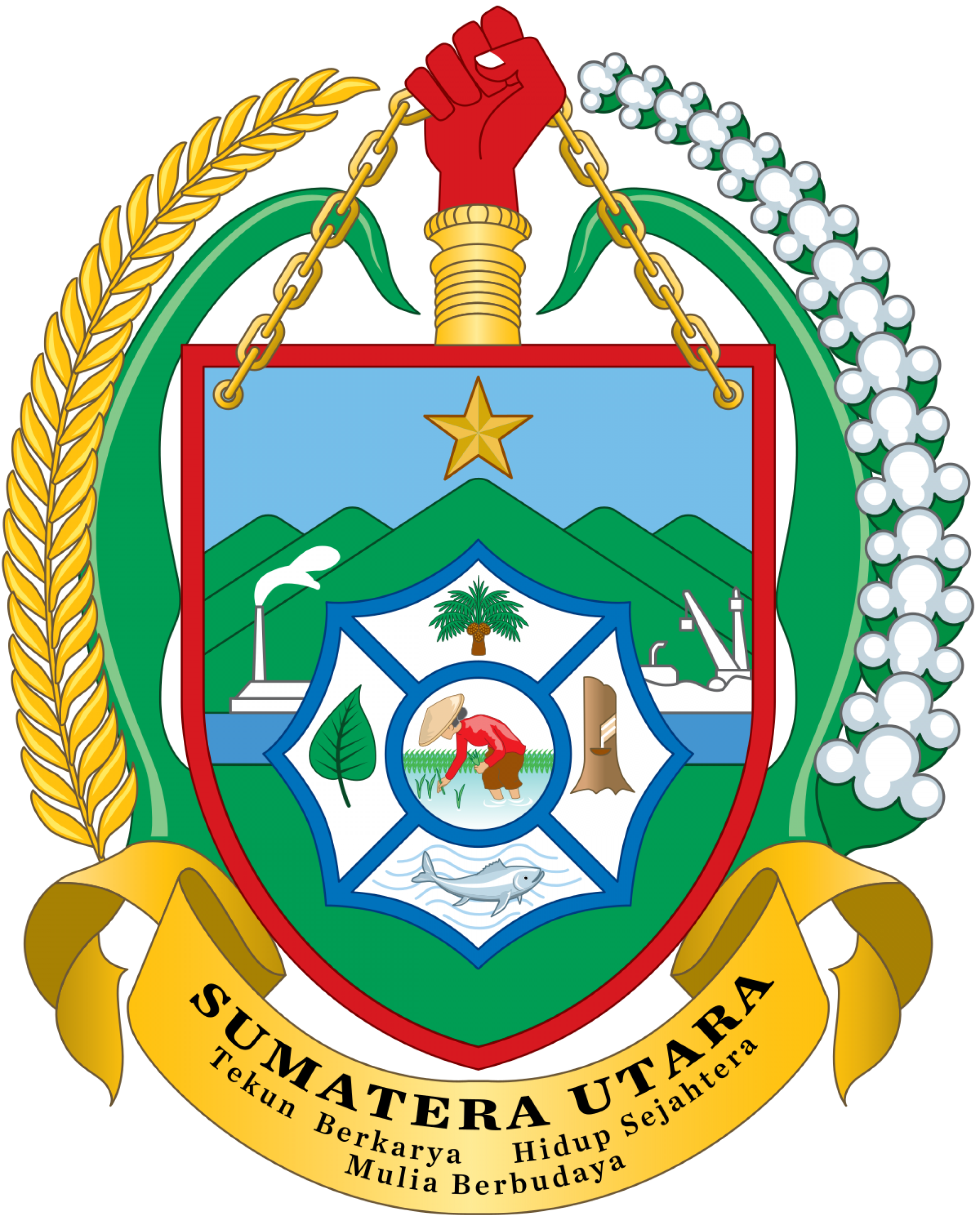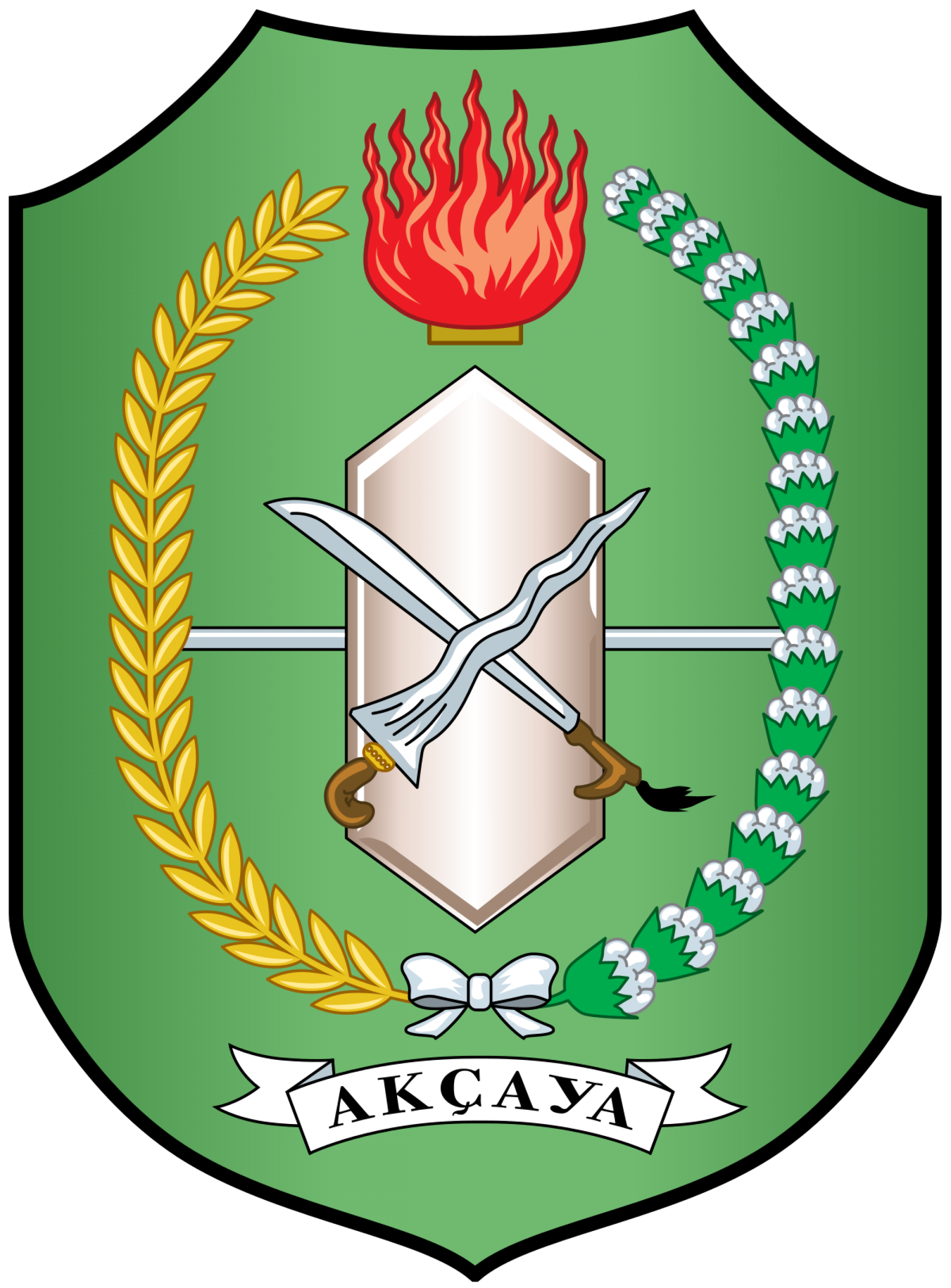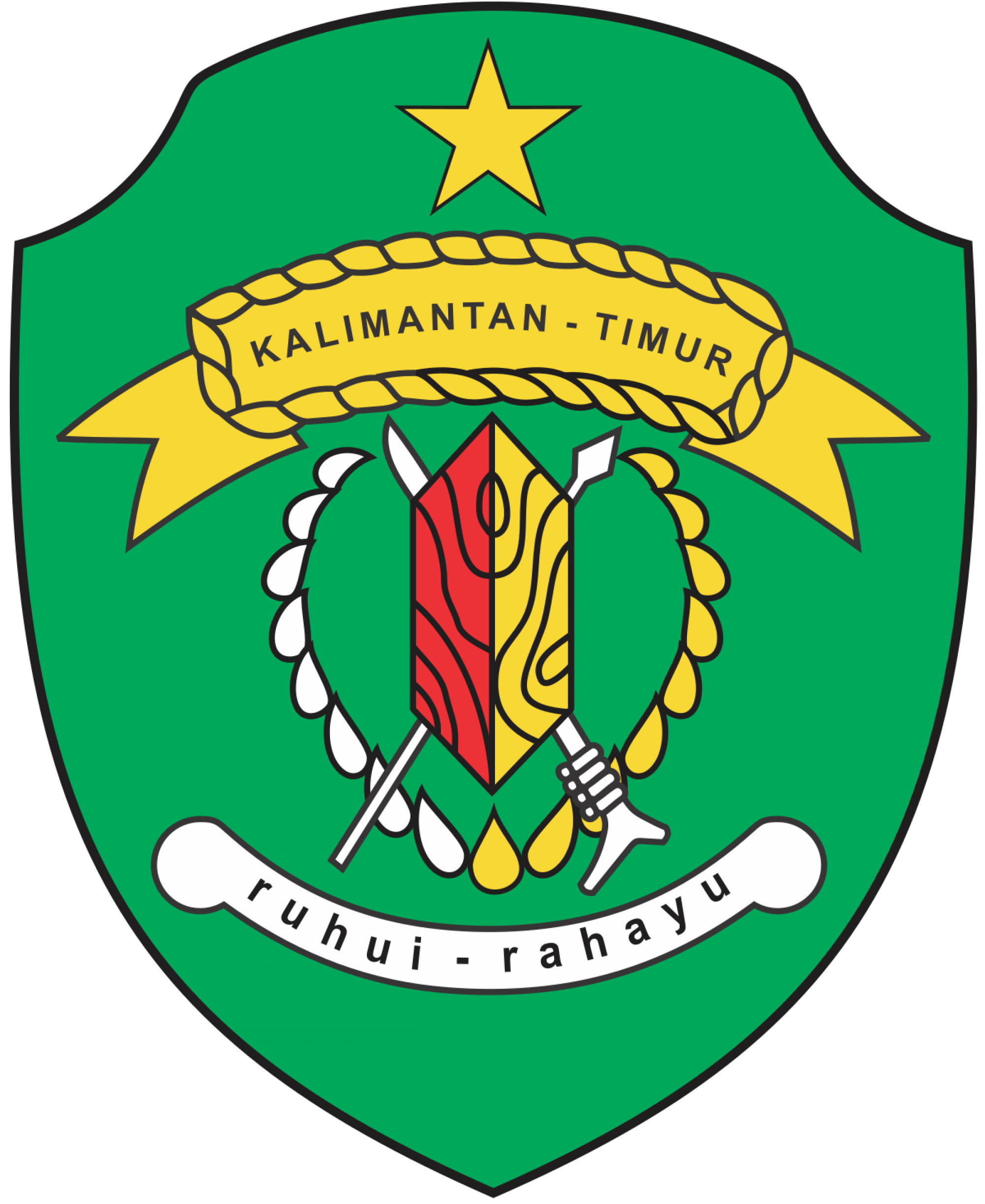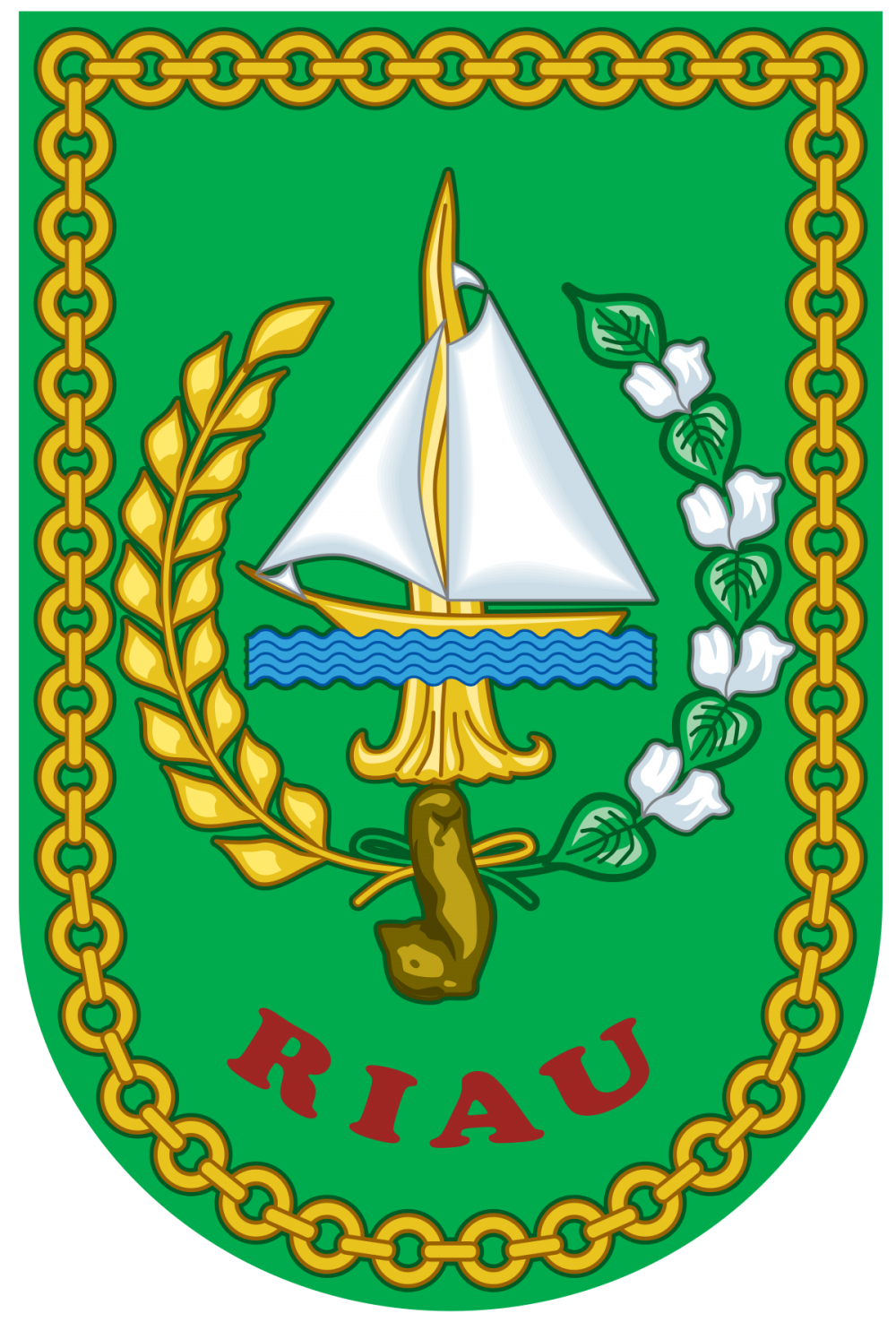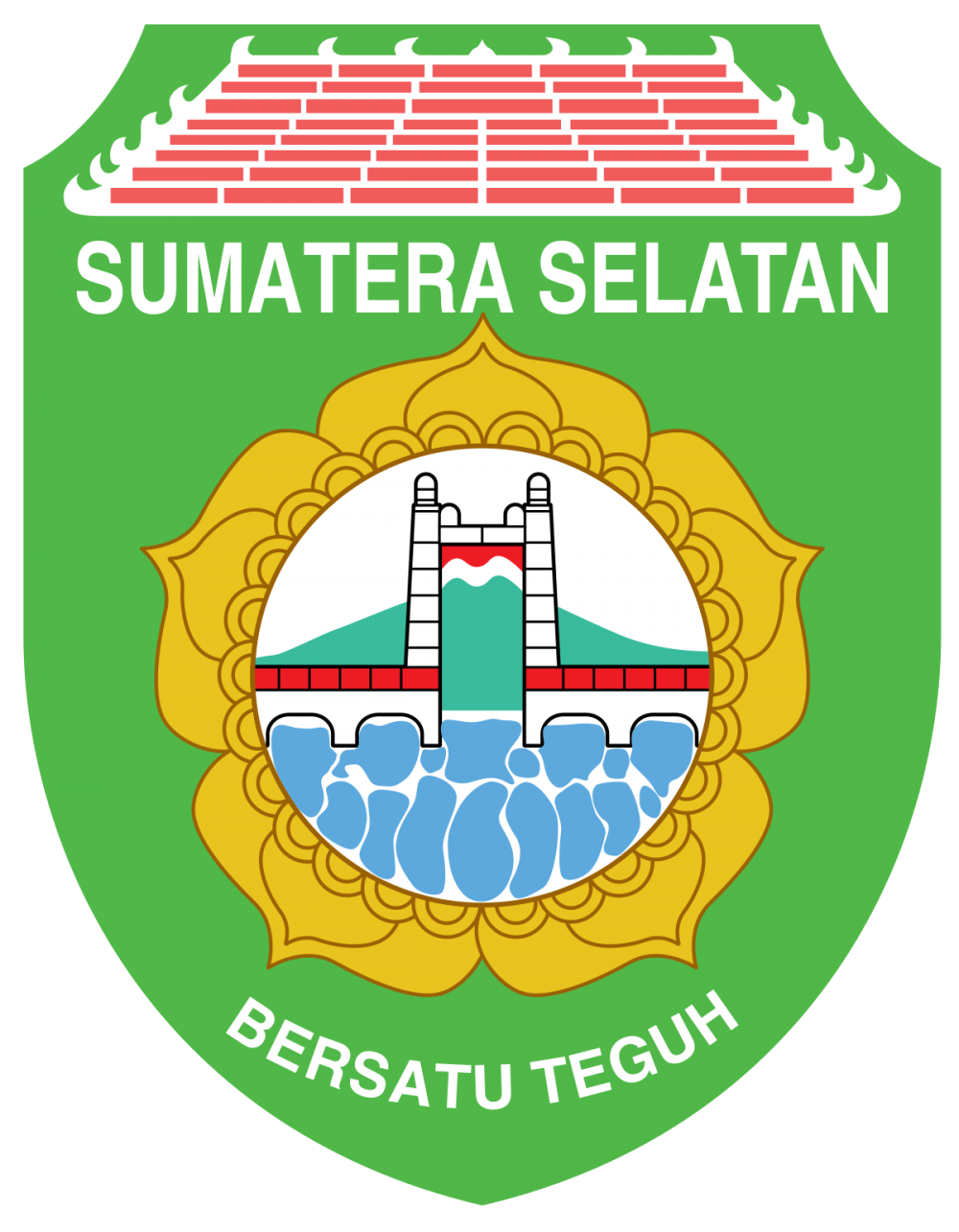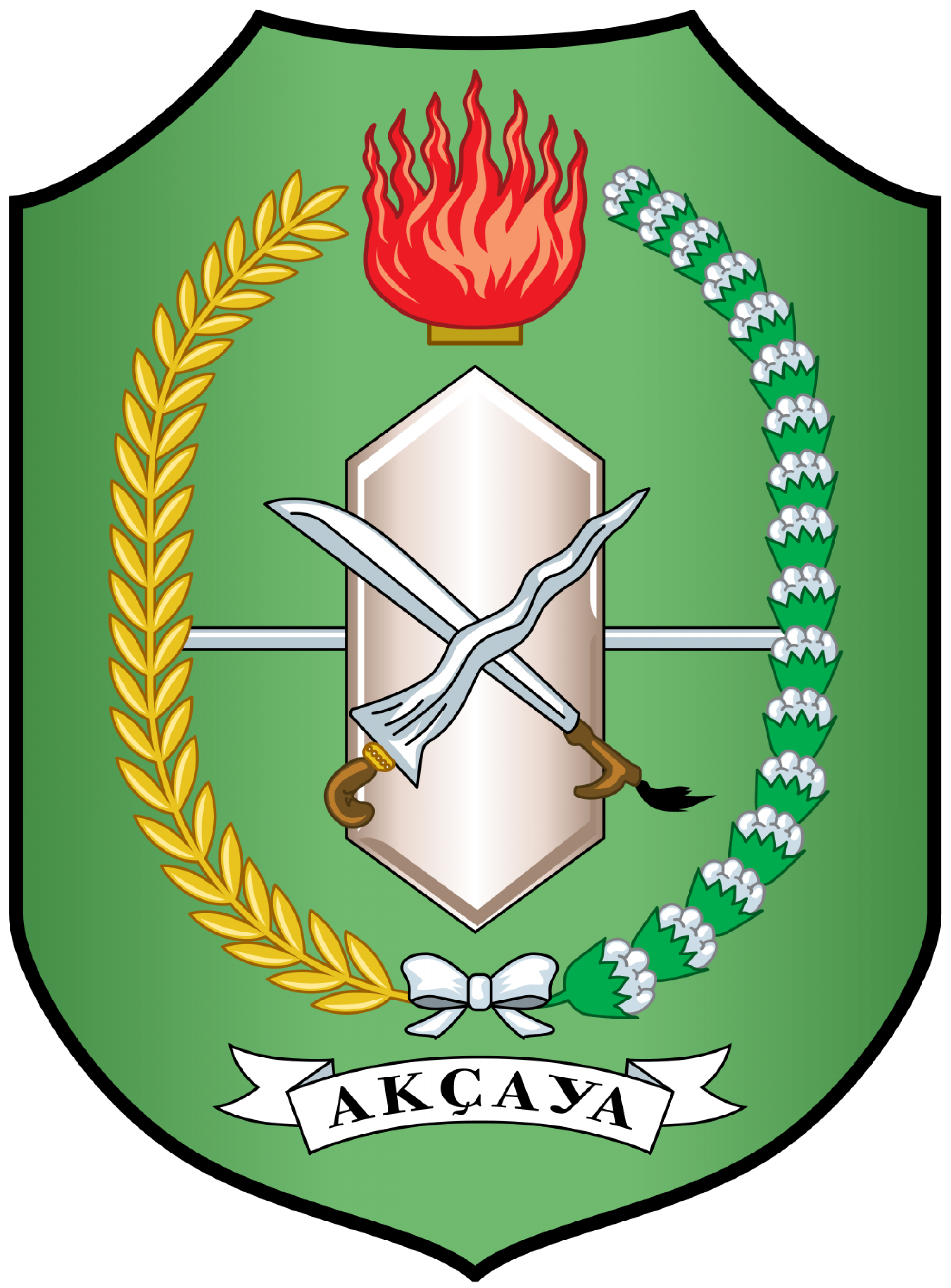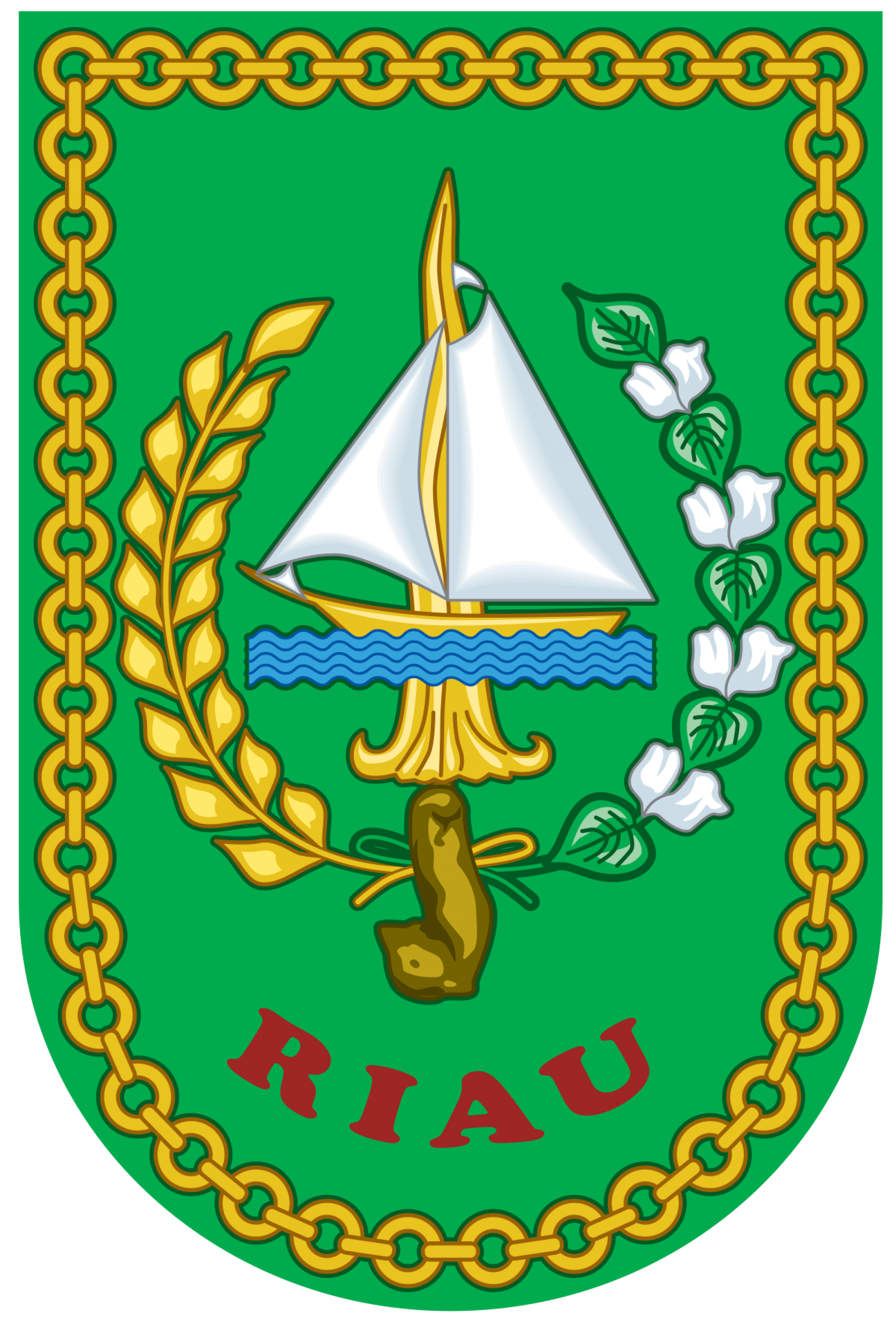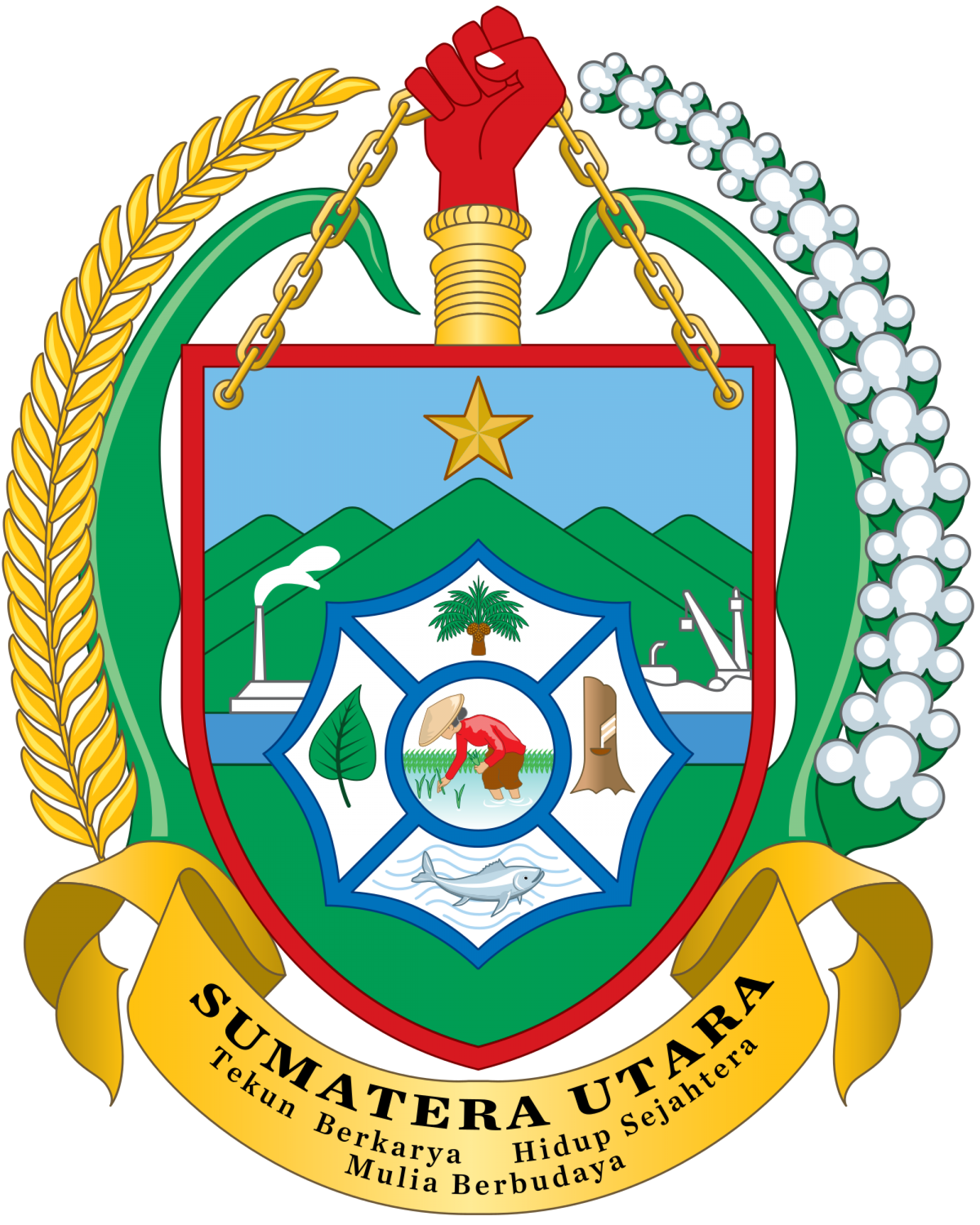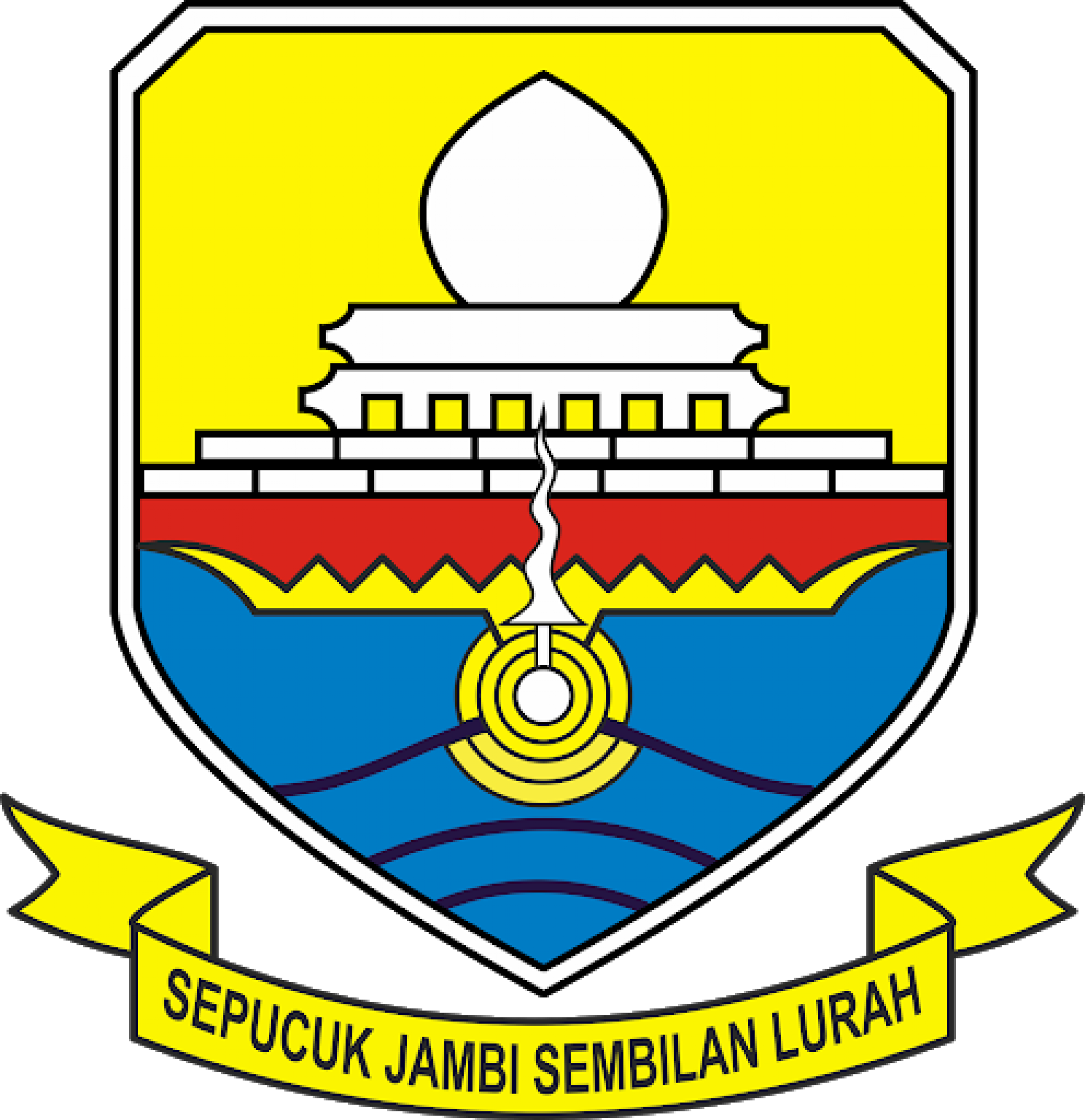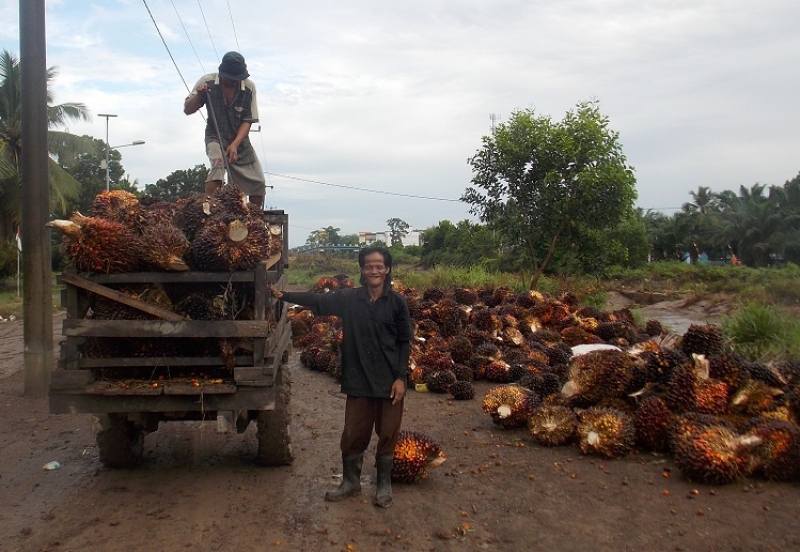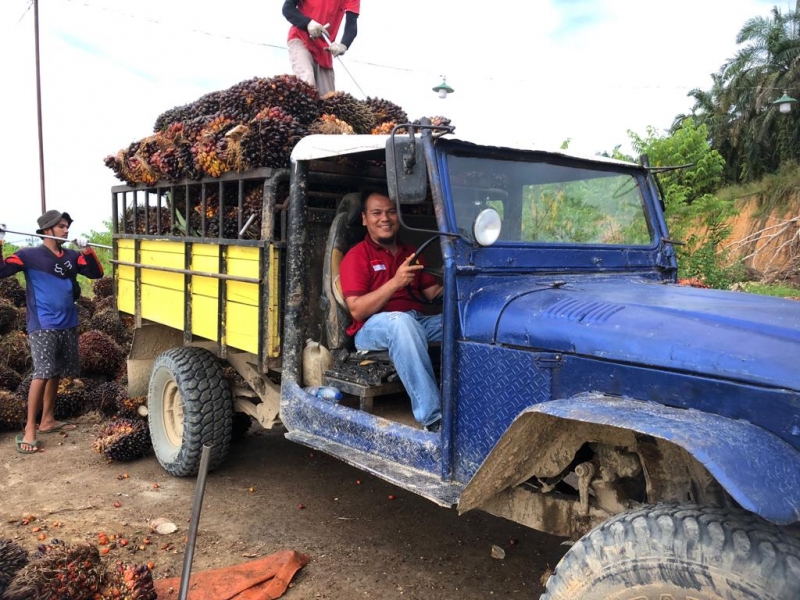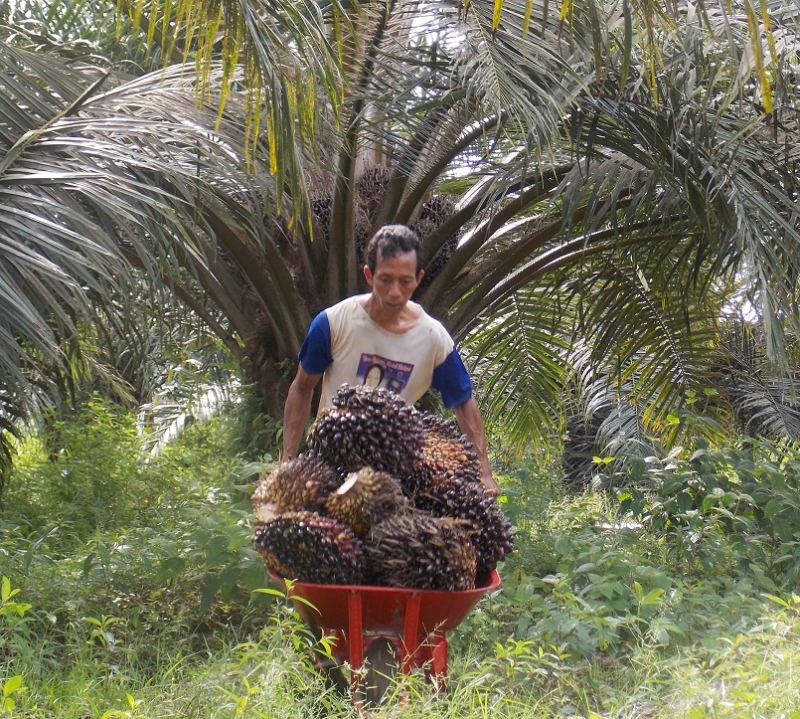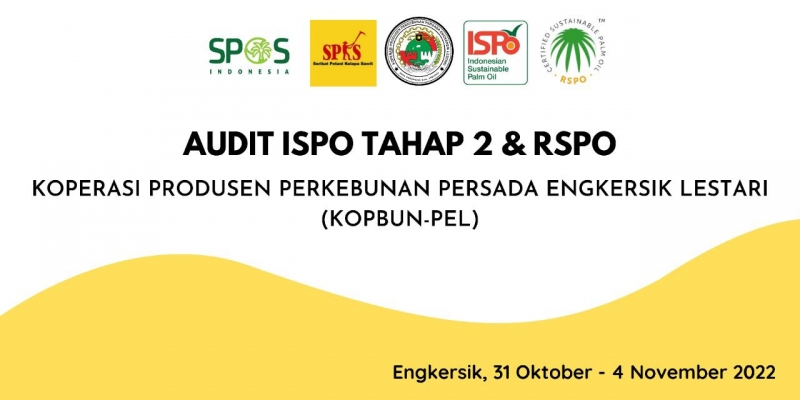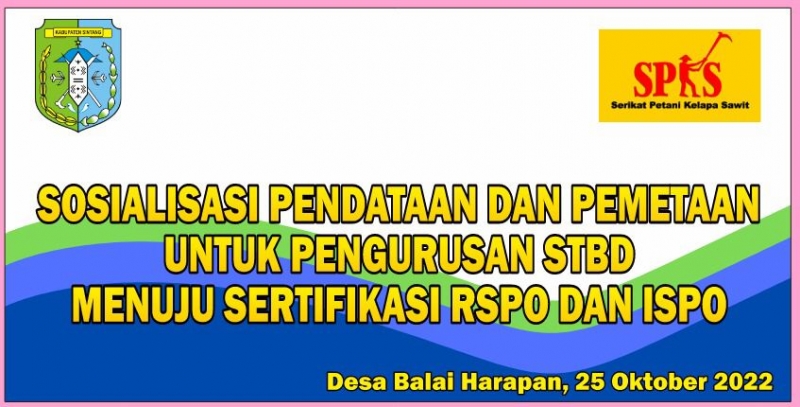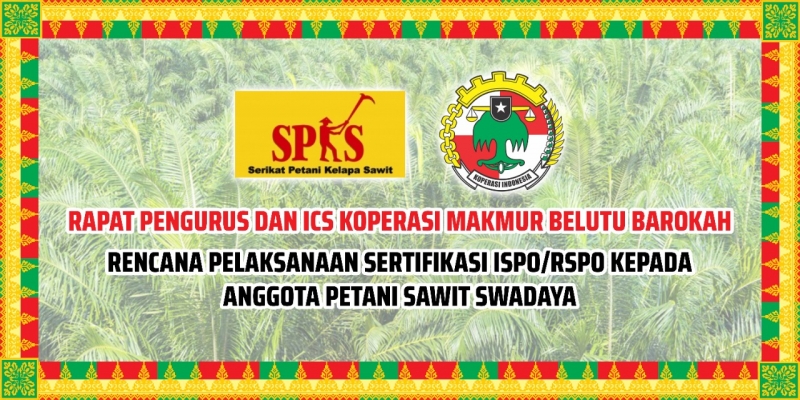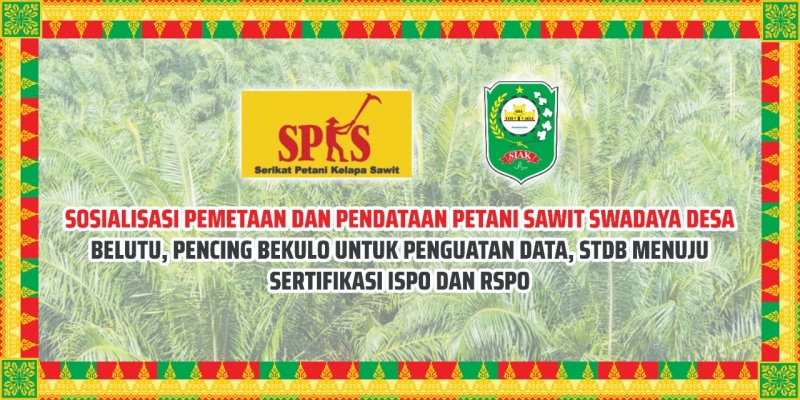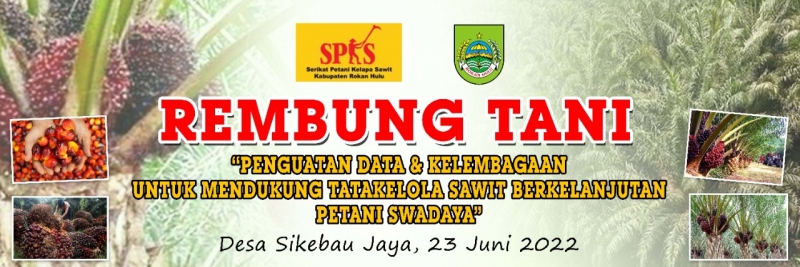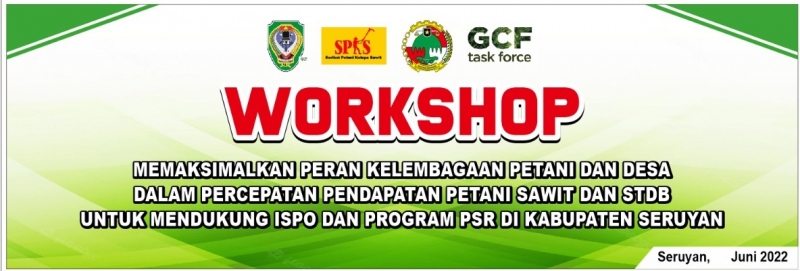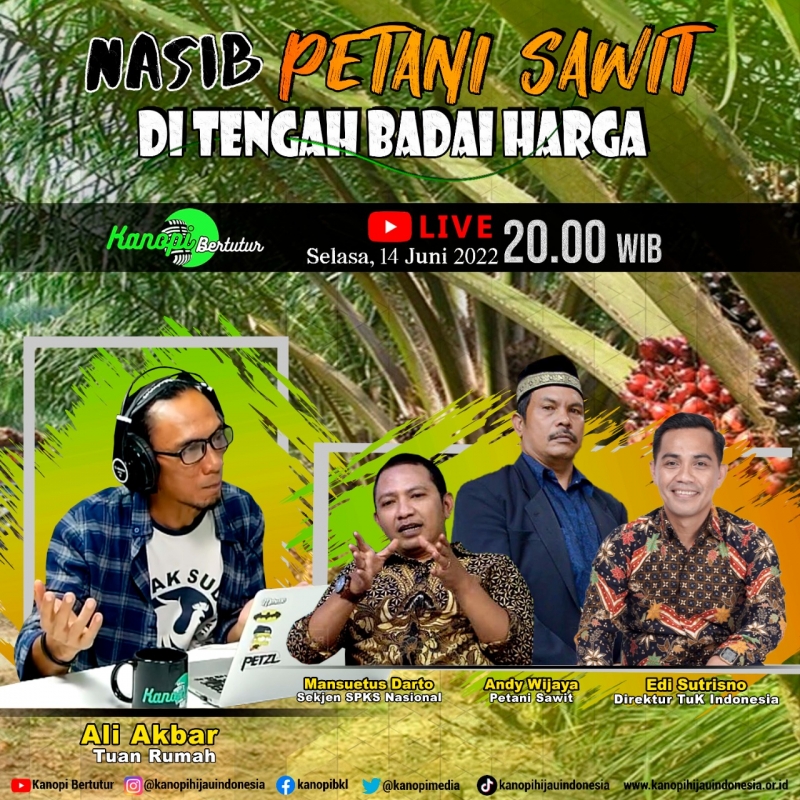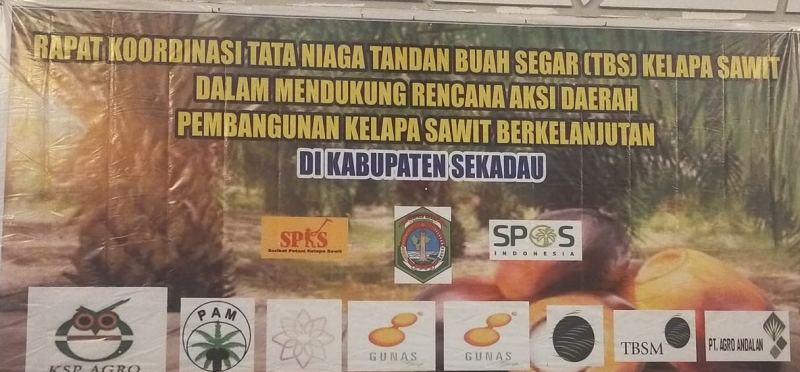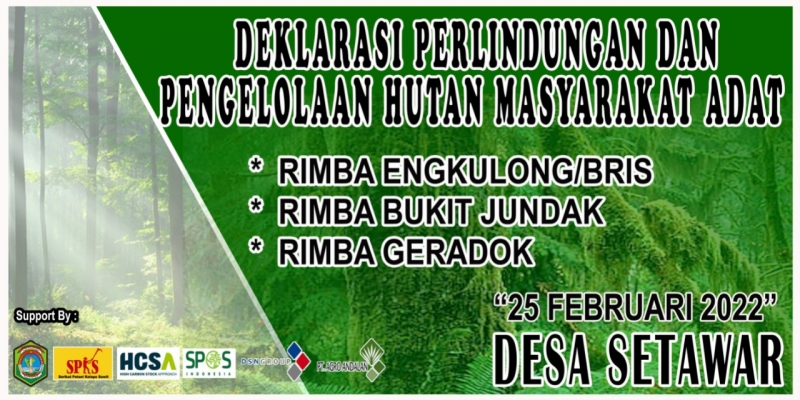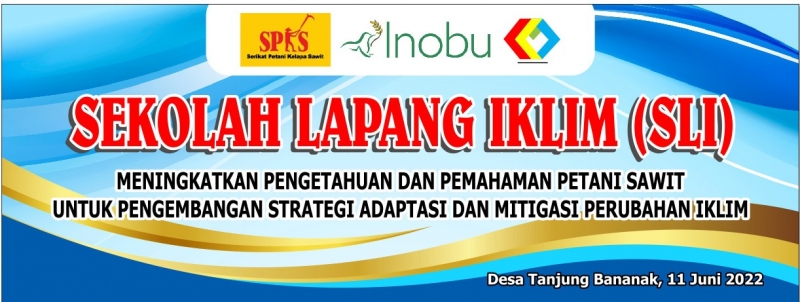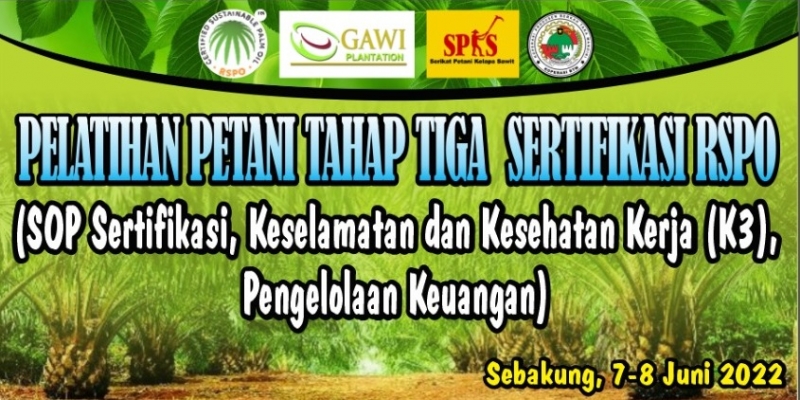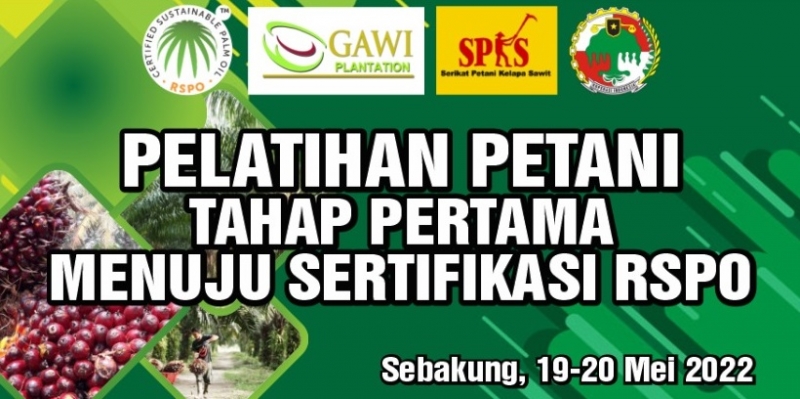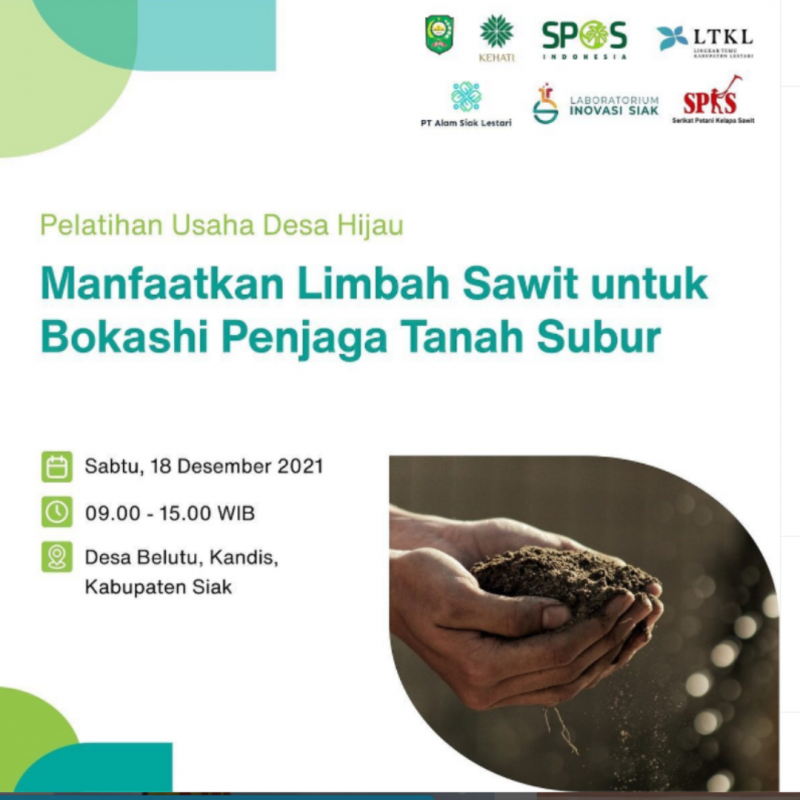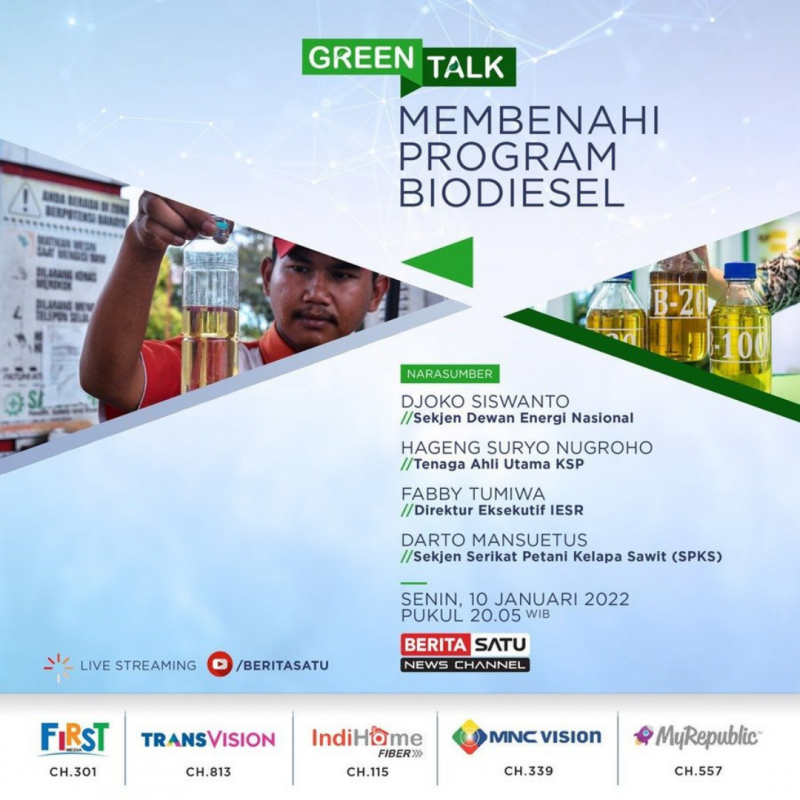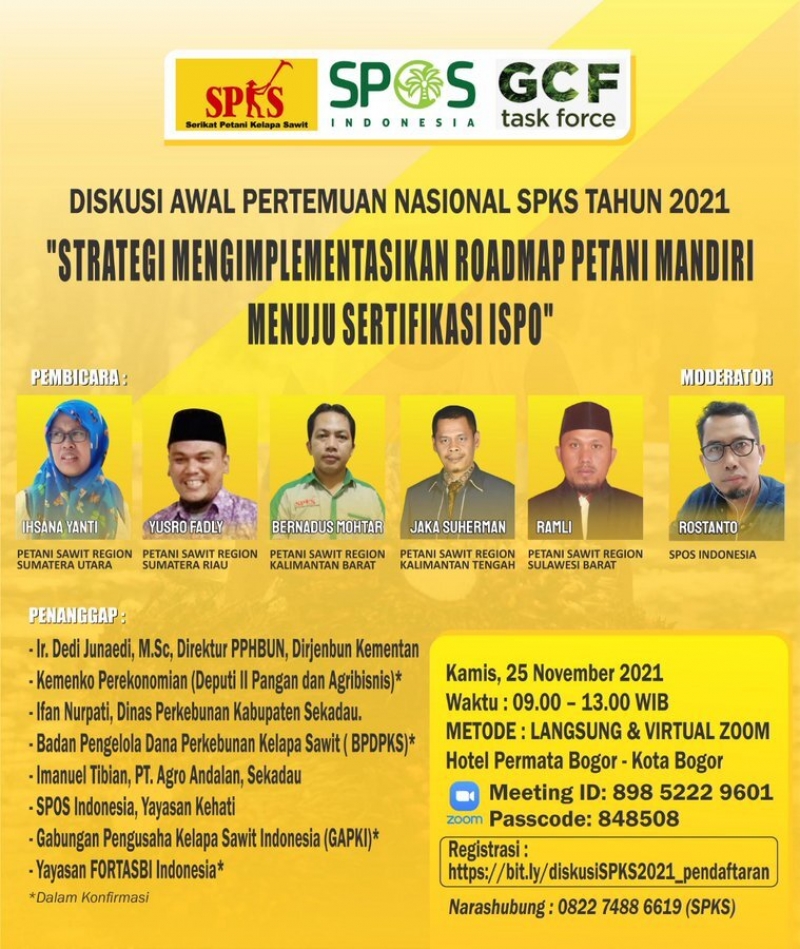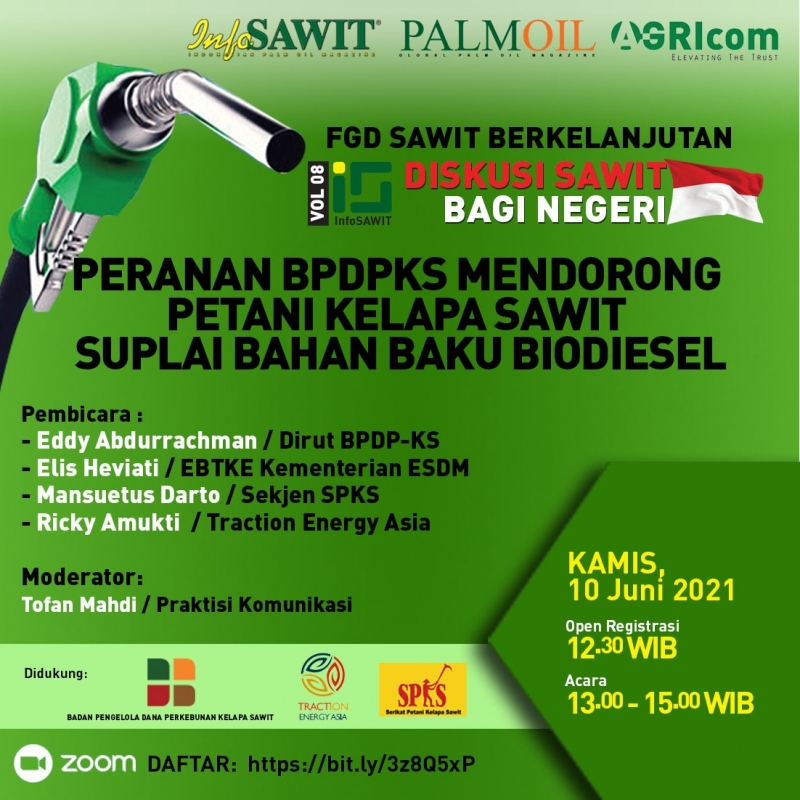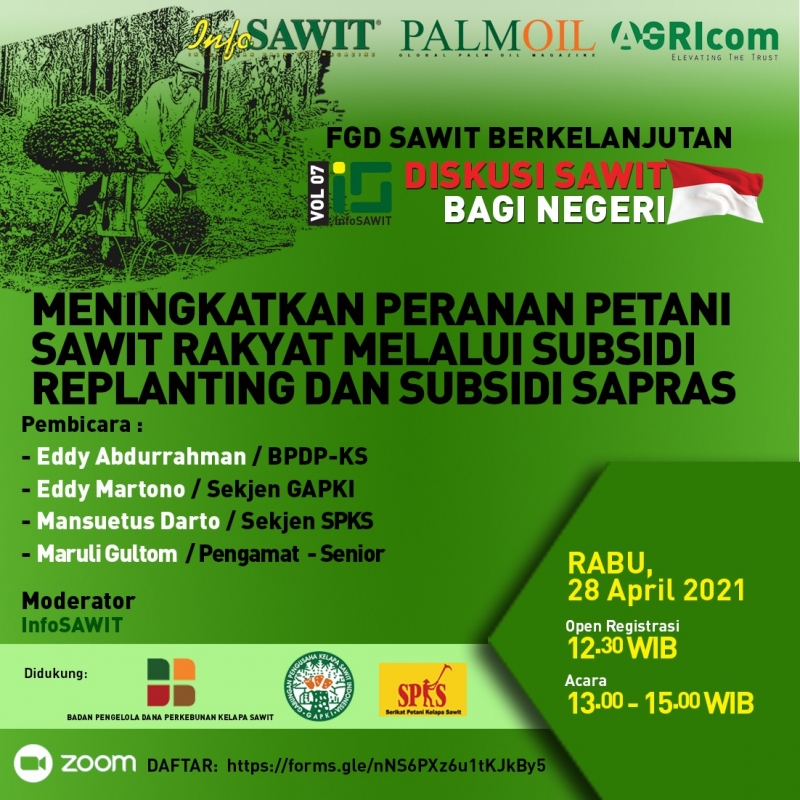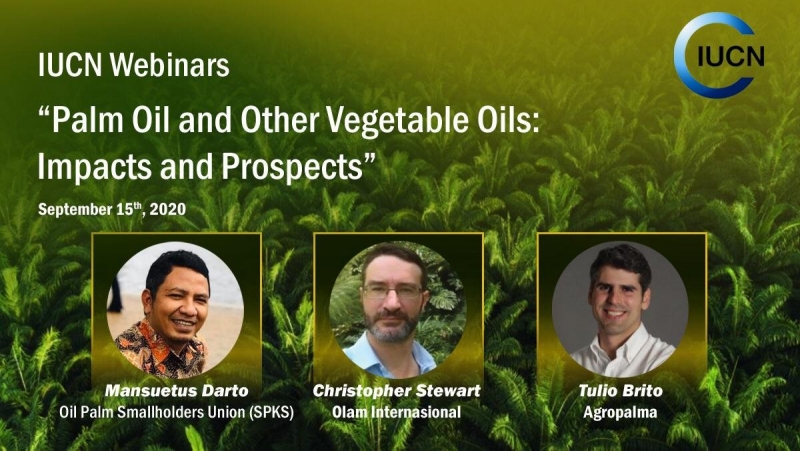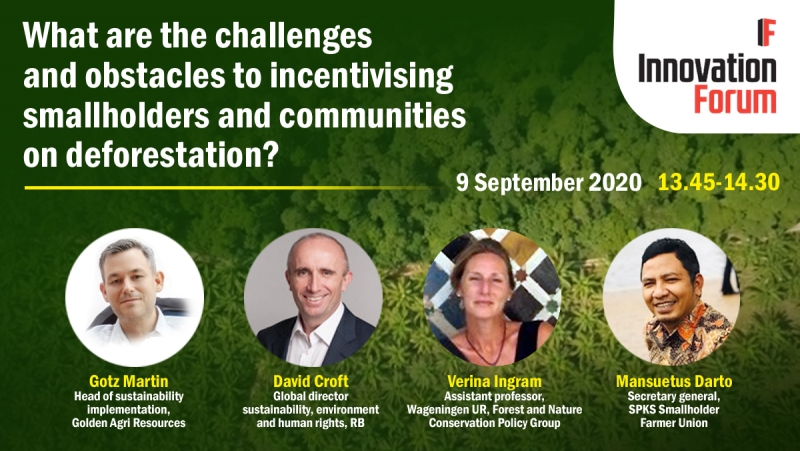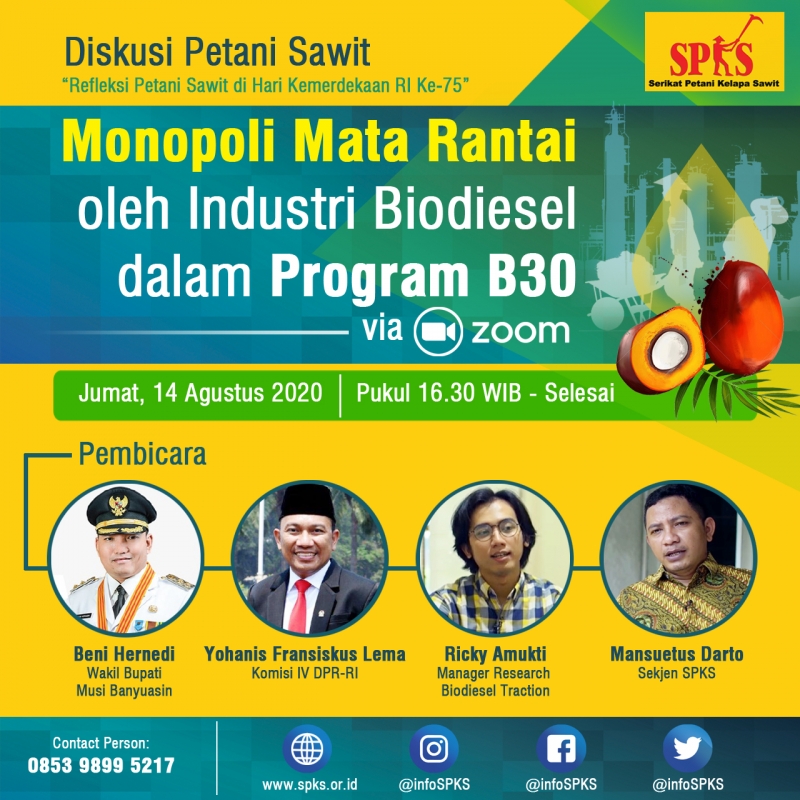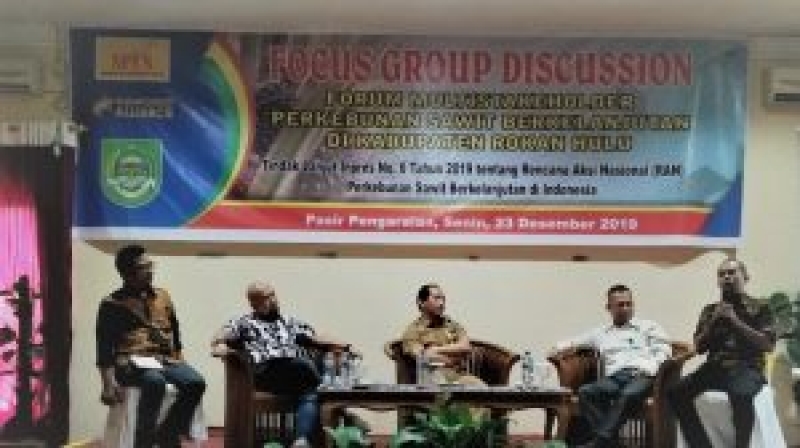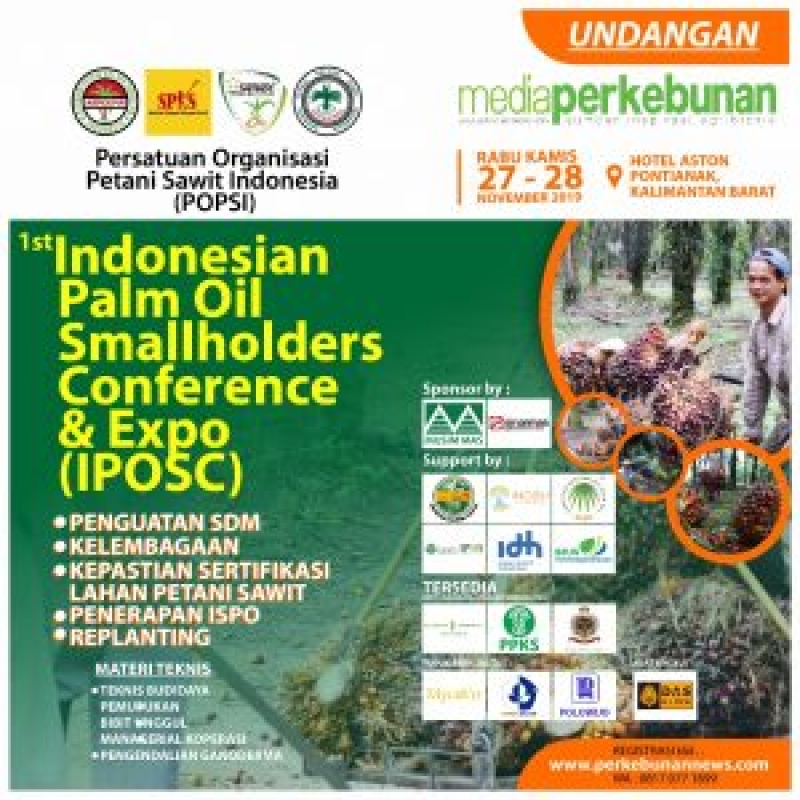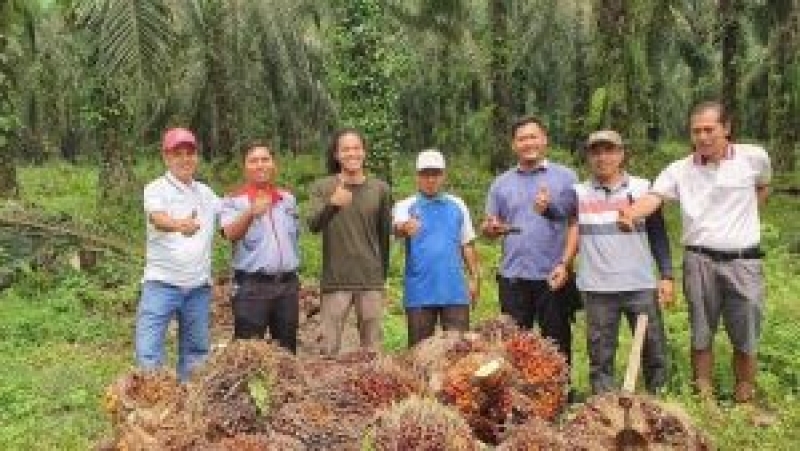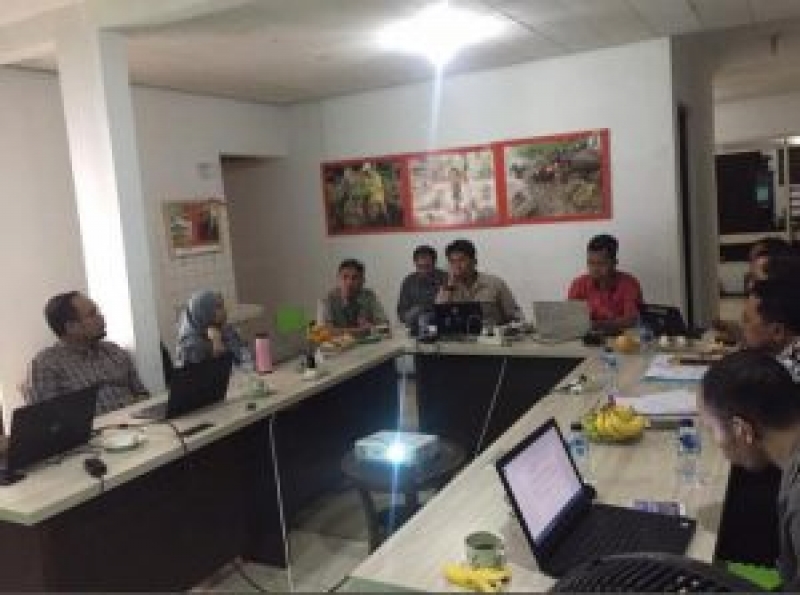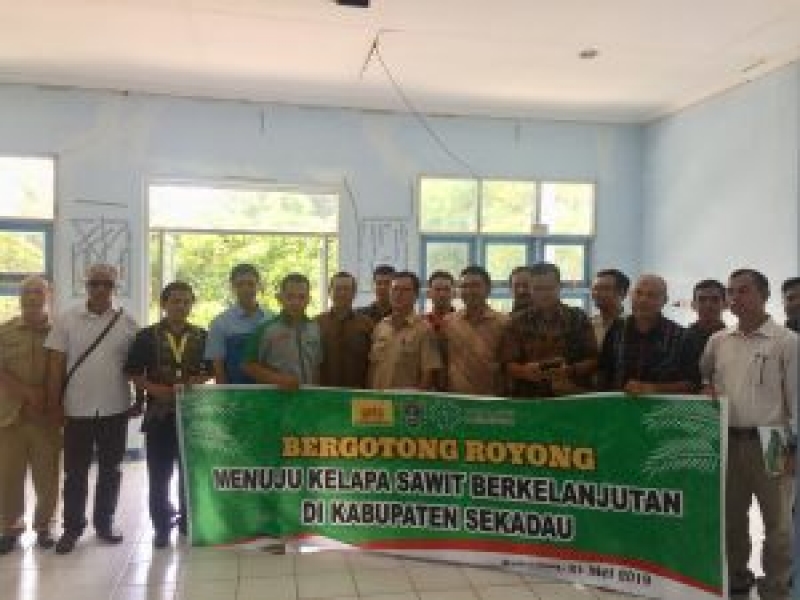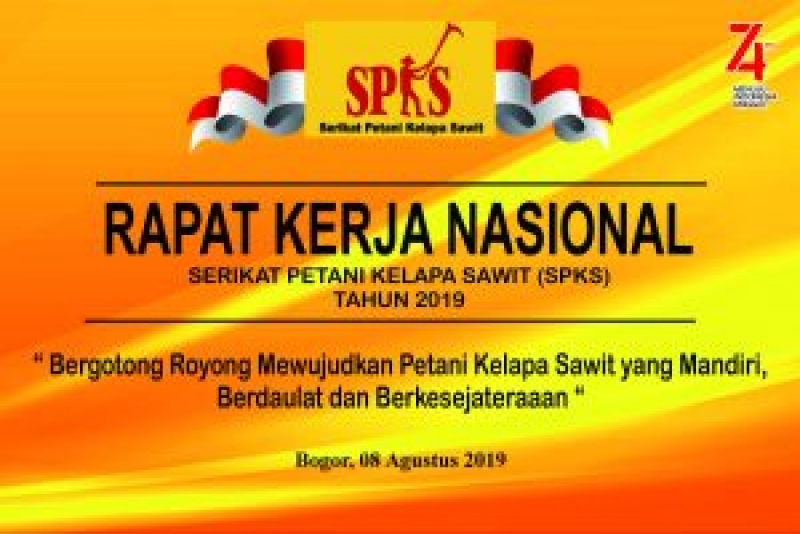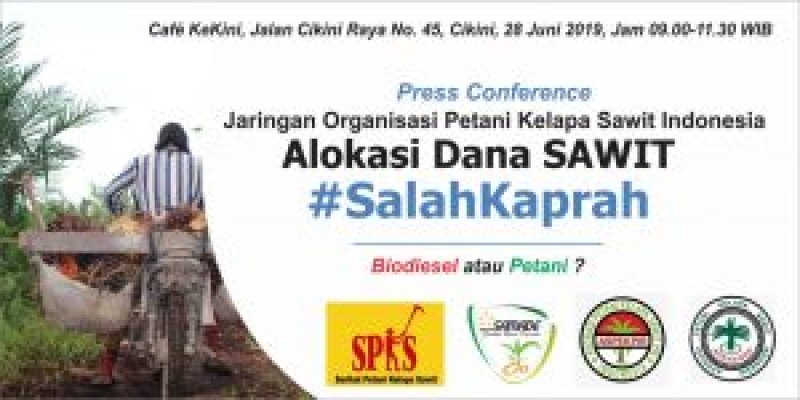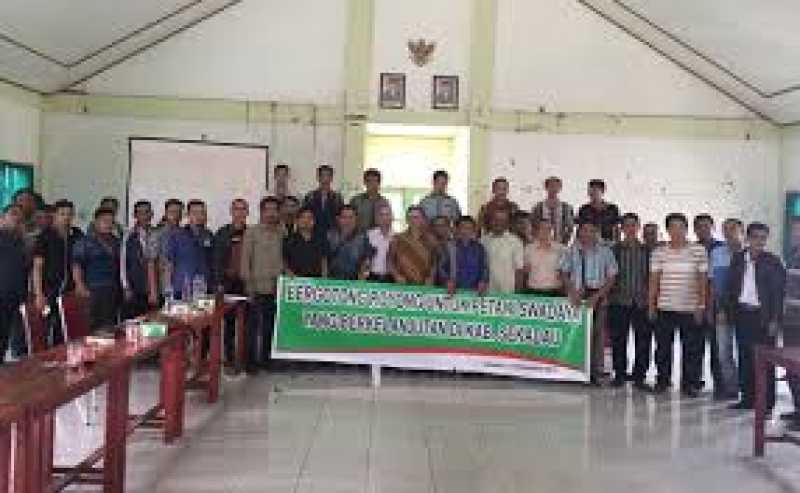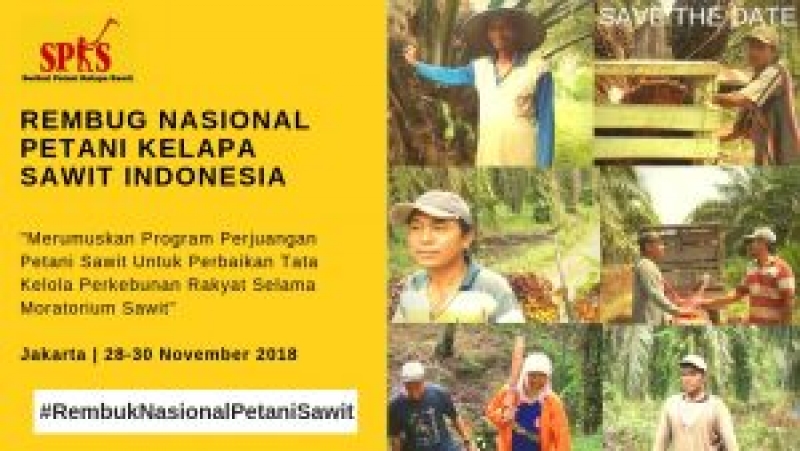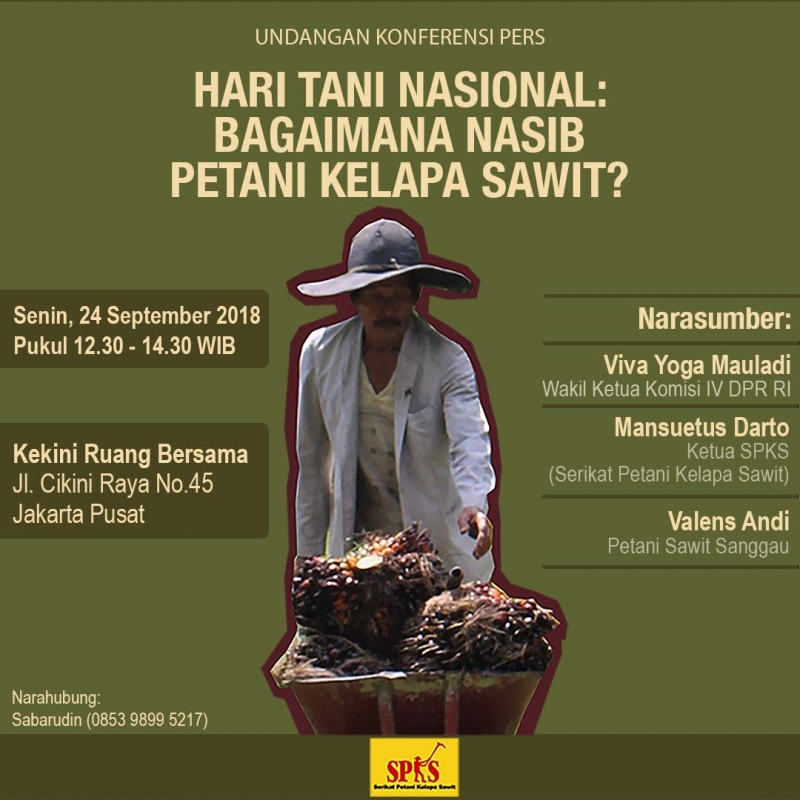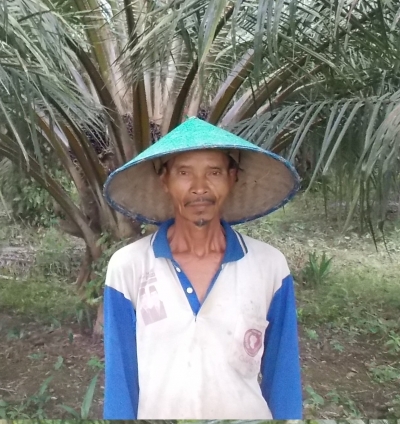Tanggal : 2019-12-04 s/d 2019-12-05
Tempat : Kantor Cirad, Prancis
In tropical countries, the development of agricultural commodities sectors is based on the emergence of contract farming involving “smallholders” and buyers of raw materials, who are more often processors. In several sectors, including oil palm, these models have led to the agro–‐industrial development of plantations and primary processing units surrounded by so-called “smallholders” plantations under contract with millers.
Such agricultural models, which were justified by concerns for better efficiency (profitability per hectare, low harvesting costs), can lead to asymmetries between the buyer, who is often the only possible outlet (monopsony) and the population of “smallholders” to the detriment of the latter. Indeed, such asymmetries can generate situations of dependence and an inequitable distribution of value. Such discrepancies often lead to small profit margins for “smallholders” and difficulties in asserting their rights or concerns vis a vis the local processing unit. Among “smallholders”, family farmers, who are not members of a farmers’ association, are frequently impacted by such asymmetries.
Fair partnership initiatives are implemented by local actors. These new ways of organizing value chains, based on different, more ambitious and more “sustainable” local development models are emerging in Latin America, Africa and Asia. Such “fair partnership” initiatives can sometimes (but not always) be combined with either “fair”, “sustainable” or “responsible” certification models, with labels recognized by consumers.
Objectives
The Workshop aims to review and draw lessons and perspectives from research and case studies on different value chains such as soybean, sugarcane, cotton, oil palm, rubber, and dairy farming.
The Workshop will aim at discussing the ways and means of establishing a fair partnership, combining different forms of agriculture (family and business) and primary and secondary processing. It will also discuss the potential of agro-ecology as a form of technical, social and economic production, and how fairer partnerships can promote agro-ecological transitions.
This Workshop will lay the foundations of a generic reflexion on fair partnerships and their role in sustainable development trajectories, in a cross-sectoral way, and favoring a transdisciplinary approach in economics, sociology, agronomy, and food technology.
https://asie-sud-est.cirad.fr/content/download/6223/53677/version/1/file/Program.pdf
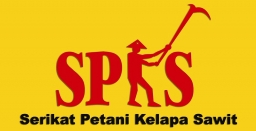
 English
English Indonesia
Indonesia